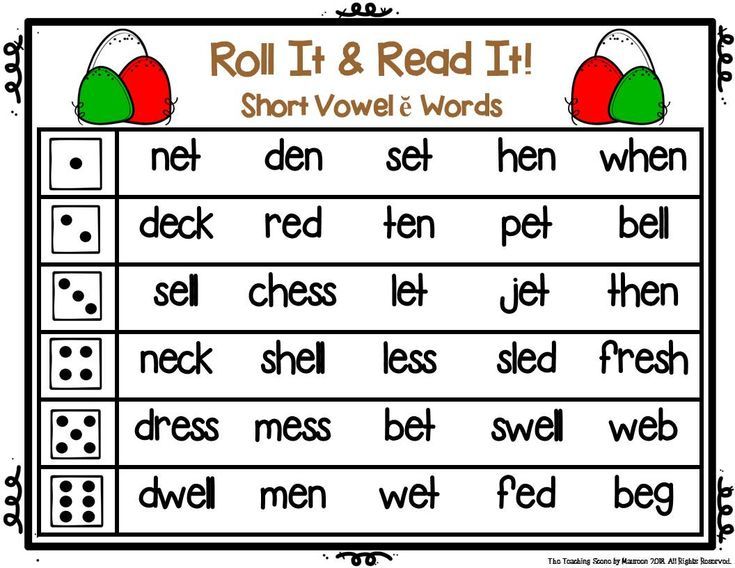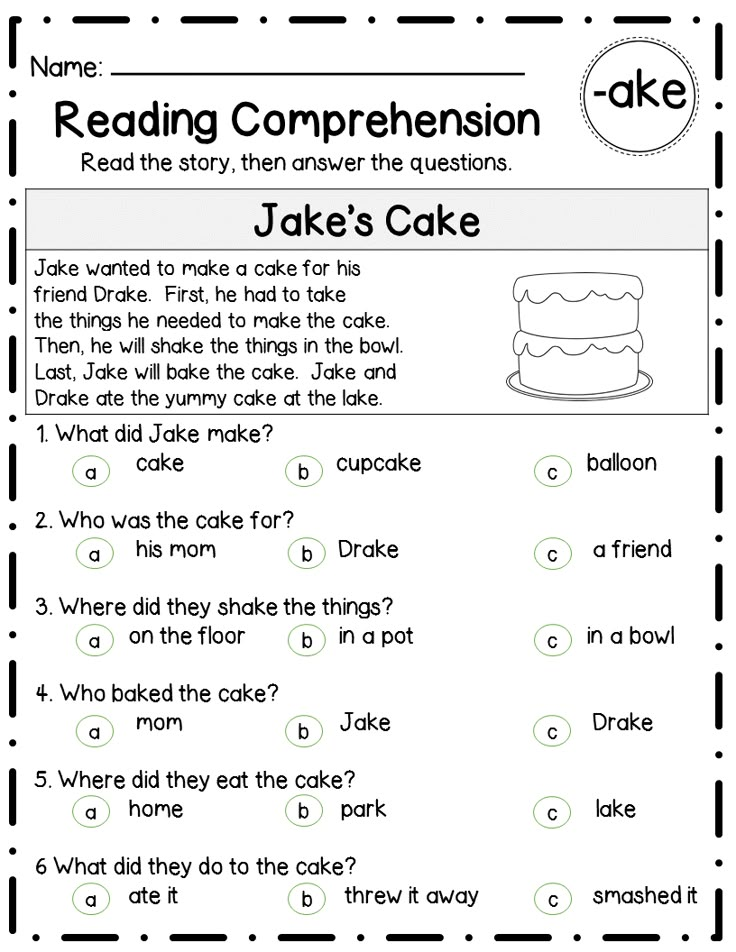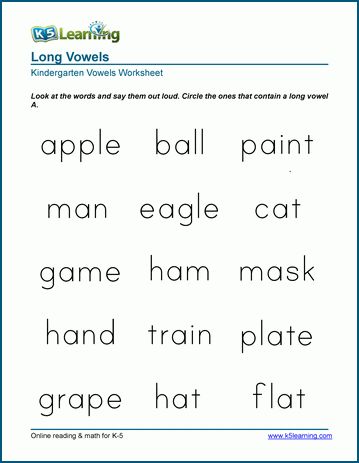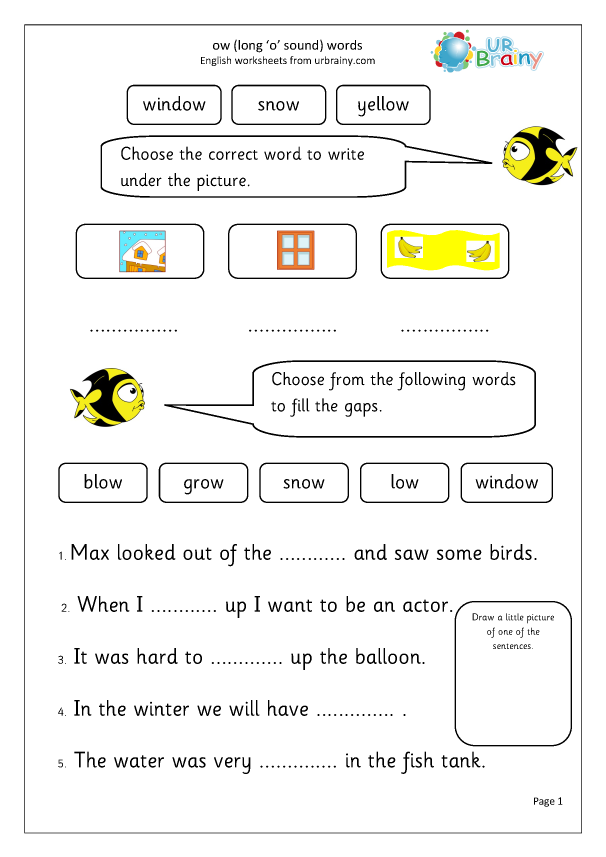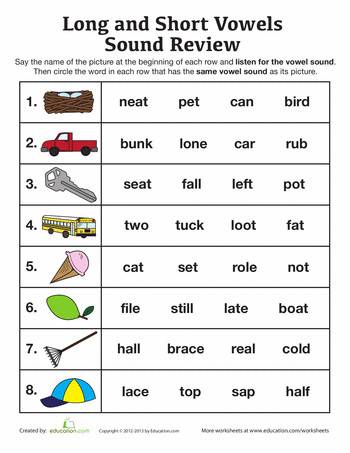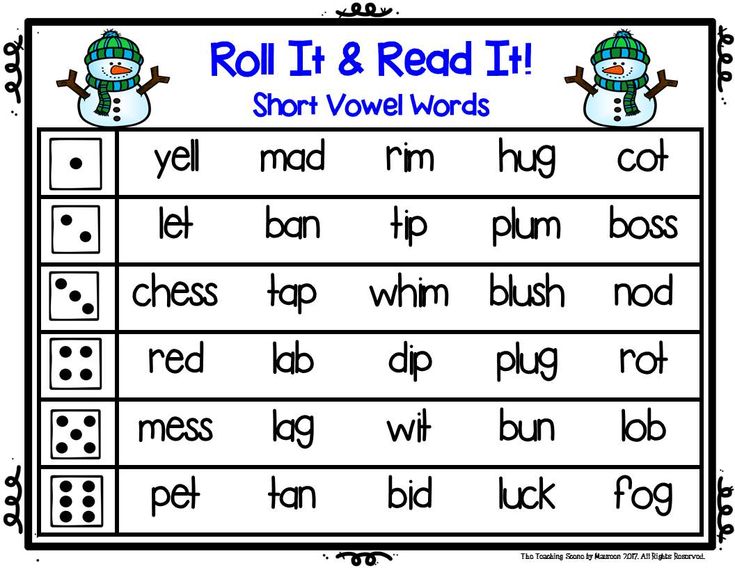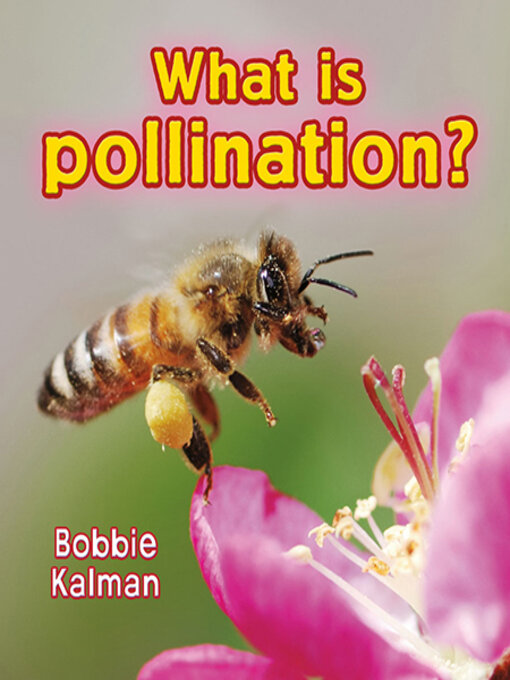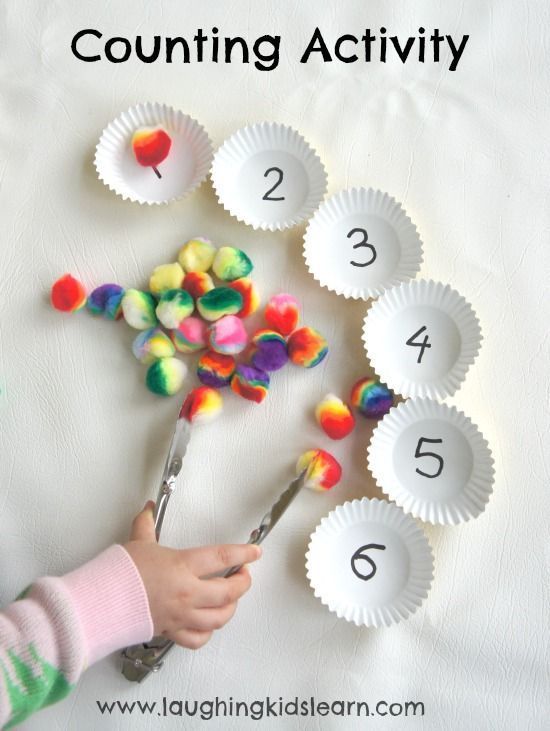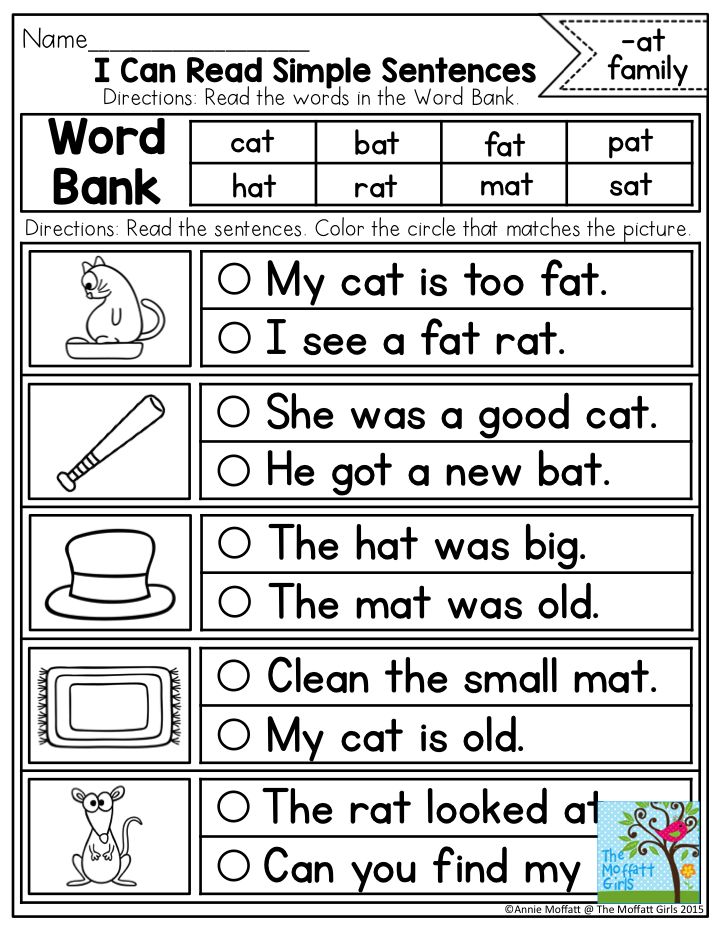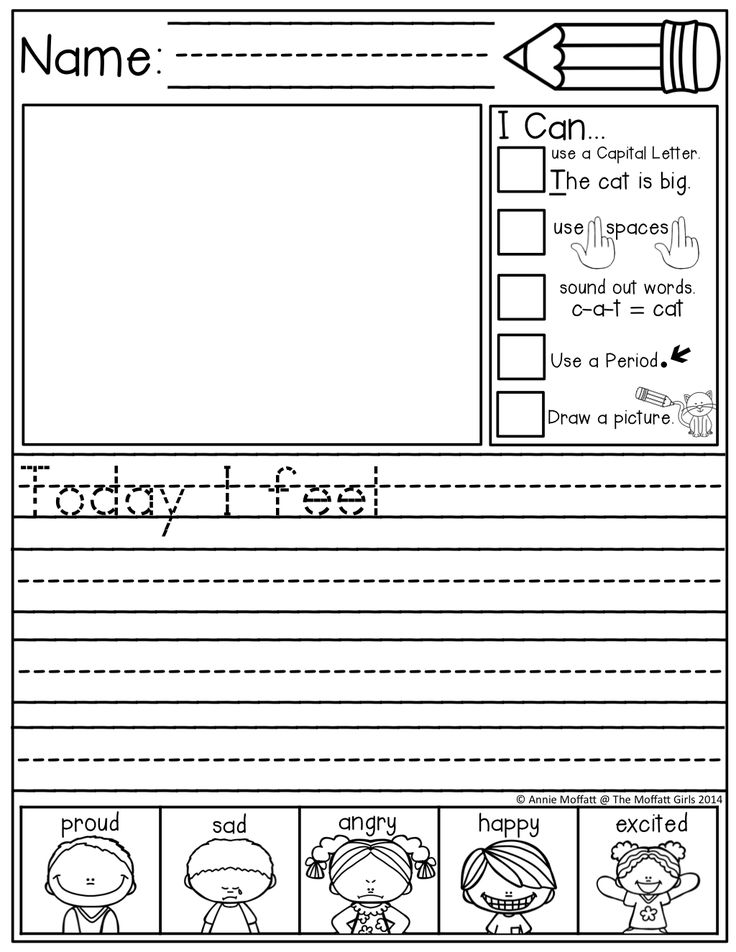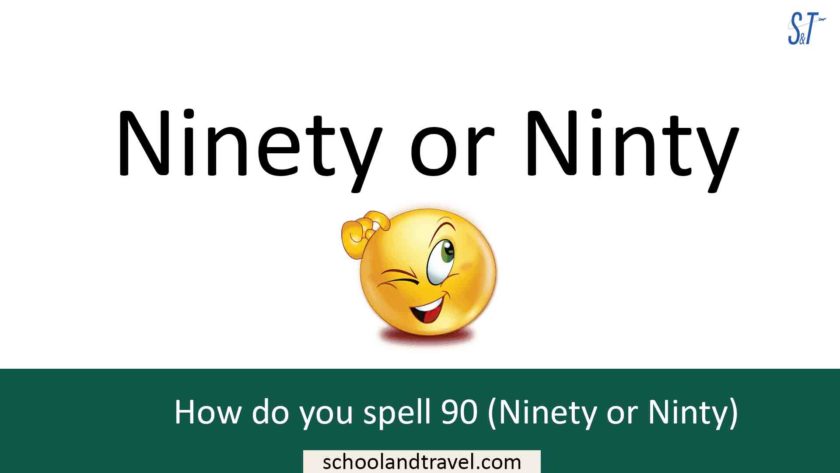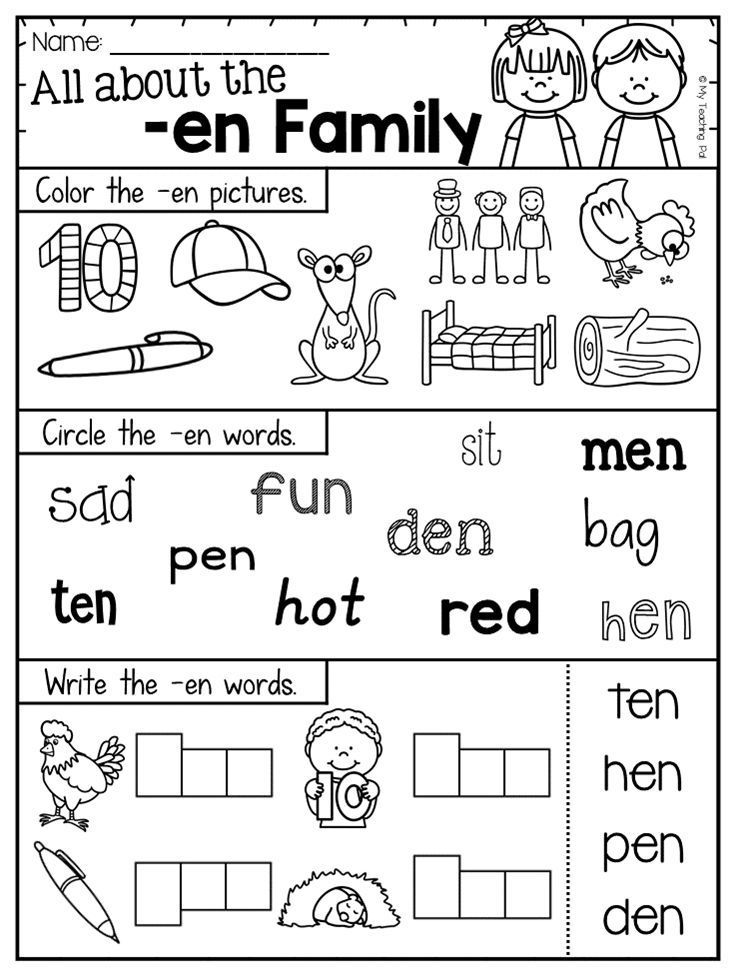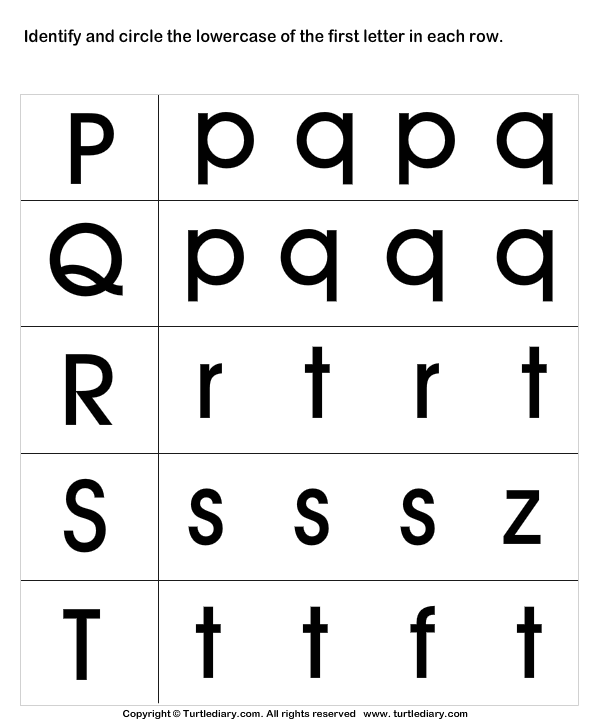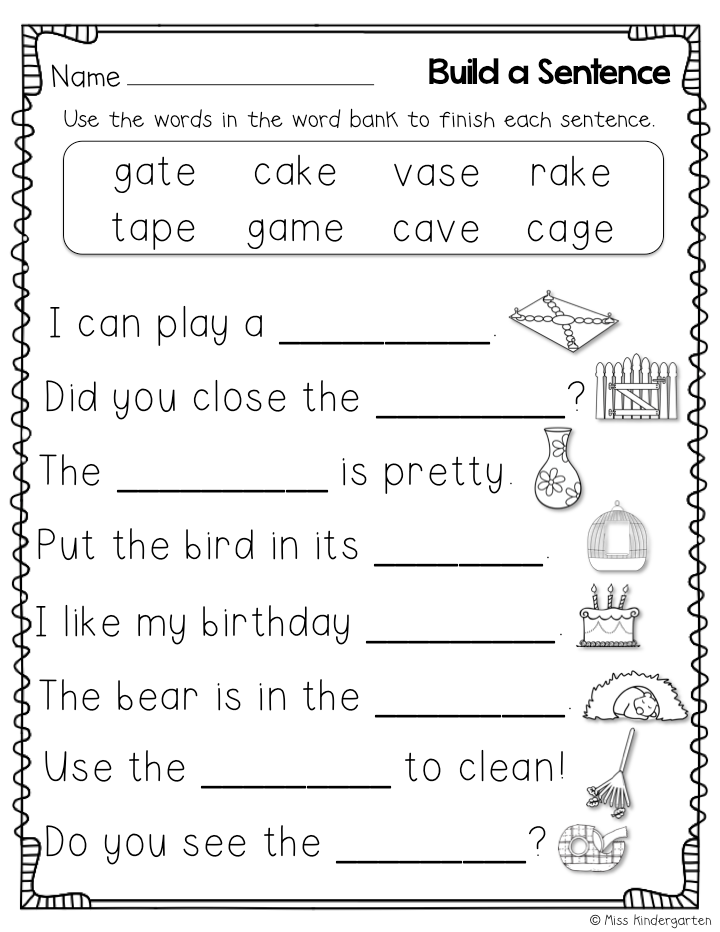Long vowel words for 2nd grade
Long Vowel Sounds: Word Lists & Activities
Phonics | Spelling
ByDelilah Orpi
This post may contain affiliate links, and I will earn a commission if you purchase through these links. Please read the disclosure policy for more details.
Sharing is caring!
12884 shares
- Share
- Tweet
In this post, I’m breaking down long vowel sounds (or long vowel words) to help you teach them when working with struggling readers and spellers.
Looking for long vowel word lists? Download all 5 of my pdf long vowel sounds word lists in my freebies library by joining my email list below.
What is a long vowel sound?
Long vowel sounds are vowels that are pronounced the same as their name. You’ll often hear teachers say that long vowels “say their name”.
Long vowels are very common but they can be tricky because there are so many spellings for each long vowel sound.
There are actually 4 ways to make long vowel sounds:
- Vowels at the end of a syllable make the long sound. For example, in the words me and halo (ha-lo) the vowels are all at the end of a syllable so they make the long sound.
- Silent e makes the previous vowel long. The words bike and phone have a silent e at the end that makes the previous vowel long.
- Vowel teams can make the long sound. Vowel teams work together to make one sound, and usually, it’s a long vowel sound. For example, boat and meat both have vowel teams that make the long sound.
- I or O can be long when they come before two consonants. In words like cold and mind, i and o make a long vowel sound.

Long Vowel Words
Long vowel sound words are words that have vowels that say their name. Below are a few examples:
- Long a – baby, cake, rain, day, they, weigh
- Long e – me, eve, hear, meet, piece, candy
- Long i – silent, bike, light, my
- Long o – go, home, toe, boat, snow
- Long u – music, mule, pew, feud
Long A Sound
The long a sound can be represented by 8 different spelling patterns:
- a – baby
- a_e – cake
- ai – rain
- ay – play
- ei – reindeer
- eigh – weight
- ea – steak
- ey – they
Learn more about teaching the long a sound here, and check out my Long A Words Activities & Worksheets for printable activities.
Long E Sound
The long e sound can be represented by 8 different spelling patterns:
- e – be
- e_e – eve
- ee – meet
- ea – beach
- ei – protein
- ie – piece
- ey – key
- y – candy
For ideas, tips, and tricks when teaching the long e sound, read this post all about teaching the long e vowel sound
, and check out my Long E Words Activities & Worksheets for printable activities.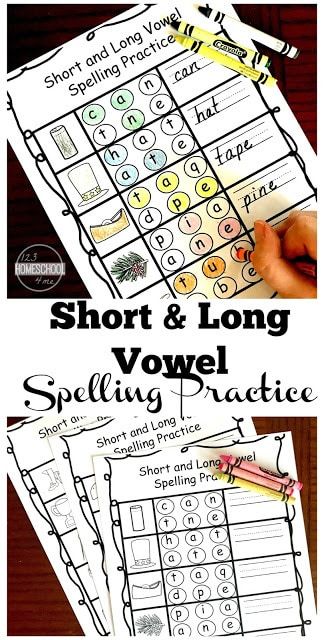
Long I Sound
The long i sound can be represented by 6 different spelling patterns:
- i – silent
- i_e – shine
- ie – pie
- igh – light
- y – my
- y_e – type
You can learn more about teaching the long I sound in this post. And check out my Long I Worksheets set in my shop for printable activities on the long i sound.
Long O Sound
The long o sound can be represented by 5 different spelling patterns:
- o – go
- o_e – phone
- oe – toe
- oa – boat
- ow – snow
You can learn more about teaching long o words and check out my long o worksheets.
Long U Sound
The long u has two sounds: yoo (/y/ /oo/) and oo (/oo/).
The long u sound can be represented by 7 different spelling patterns:
- u – music
- u_e – mule
- ue – rescue
- eu – feud
- ew – few
- oo – food
- ou – soup
Learn more about teaching the long u sound here.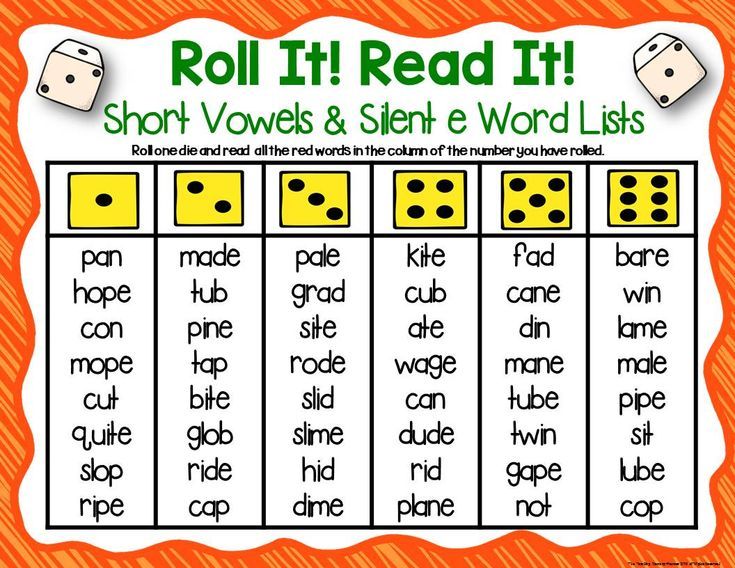
Tips for teaching the long vowel sounds
Teach one spelling pattern at a time!
I don’t mean one vowel sound, but just one spelling pattern. So for example, if you’re working on long a, you would work on the spelling pattern a silent e (cake, same, cave) until students have mastered it, then move on to ai, and so on. You should not be teaching multiple spelling patterns together, even though they make the same sound.
I know that most programs out there combine all the long vowel sound spelling patterns into one lesson, especially in spelling lists, but this does not work for struggling readers. You need to break it down for them and only do one at a time.
Teach the syllable types.
Because syllables have a lot to do with whether vowels make the short or long sound, if students do not already know the 6 syllable types then teach them along with the long vowel sound.
Here are resources for each syllable type:
- closed syllable
- open syllable
- final silent e syllable
- vowel team syllable
- r combination syllable
- consonant le syllable
Use a variety of activities to practice each spelling pattern.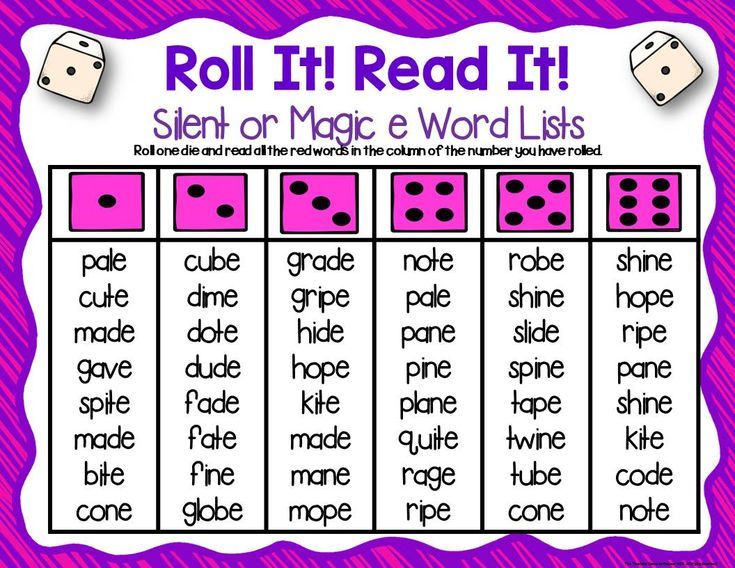
Games, dictation, word sorts, memory or matching with flashcards, word hunts, textured writing, body spelling, and bingo are all fun ways to practice the long vowel sounds.
The main activity that is often overlooked is dictation. It seems so simple but the task involves listening to a word, deciding on the spelling, and transferring that info to written form. These are all skills that struggling readers need to practice.
Teach the spelling generalizations.
Some of the long vowel spelling patterns are spelling rules that make it easy to remember.
For example, ai is usually found at the beginning or middle of a syllable, and ay is usually found at the end of a syllable. [Examples: rain, aim, play, daytime]
Here is another example with long o: oa is usually found at the beginning or middle of a word, and ow is usually found at the end. [Examples: boat, coach, snow]
Long Vowel Word List
I made these word lists to help teach the long vowels.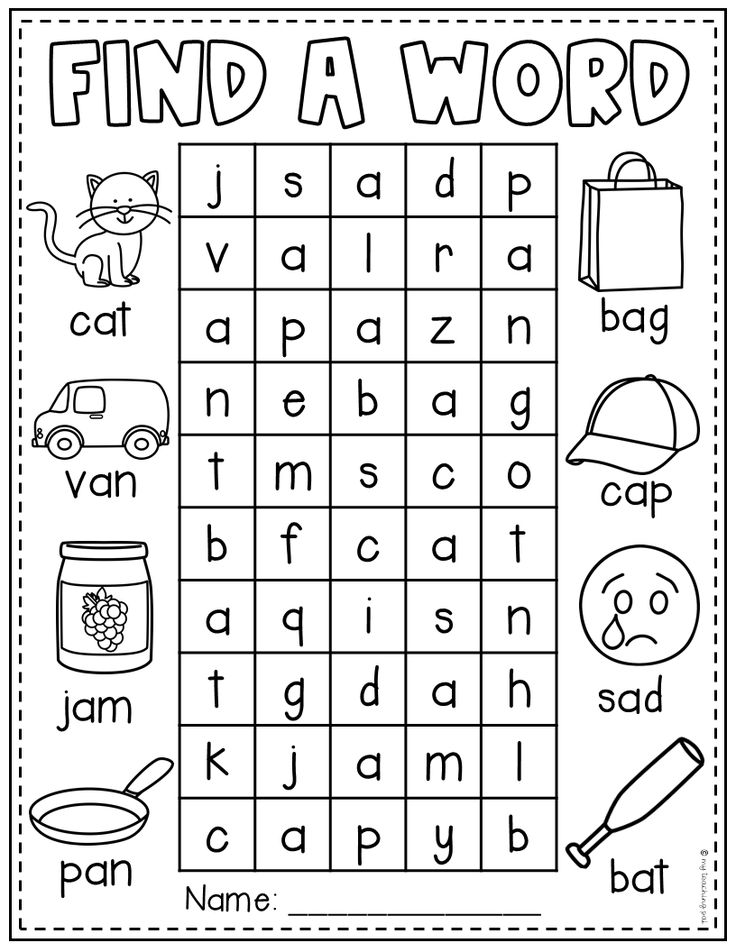 I find it handy to have these on hand when playing phonics games or planning activities for long vowel lessons.
I find it handy to have these on hand when playing phonics games or planning activities for long vowel lessons.
Grab them for free below!
Visit my Teachers Pay Teachers shop to see all my literacy products.Want to remember this? Save Long Vowel Sounds: Word Lists & Activities to your favorite Pinterest board!
Sharing is caring!
12884 shares
- Share
- Tweet
Delilah Orpi
Delilah Orpi is the founder of Thrive Literacy Corner. She has a Bachelor's degree in Special Education, a Master's degree in TESOL, and is a member of the International Dyslexia Association. She is an experienced educator and literacy specialist trained in Orton Gillingham and Lindamood Bell. Delilah creates literacy resources for educators and parents and writes to create awareness about dyslexia and effective literacy instruction based on the science of reading.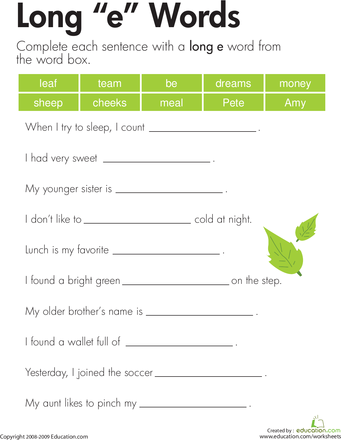
Similar Posts
Phonics
How To Teach The Long I Sound
ByDelilah Orpi
The long i sound can be tricky to teach since it has several different ways to spell it. But with a handy word list, plan of action, and some fun activities you’ll have a much easier time teaching long i words and your students will thank you. Looking for a long i word list? You…
Read More How To Teach The Long I SoundContinue
Phonics | Spelling
How To Teach Glued Sounds
ByDelilah Orpi
Have you ever heard of glued sounds before? These tricky chunks can be hard for struggling readers but there are some easy and foolproof ways to help your students learn glued sounds.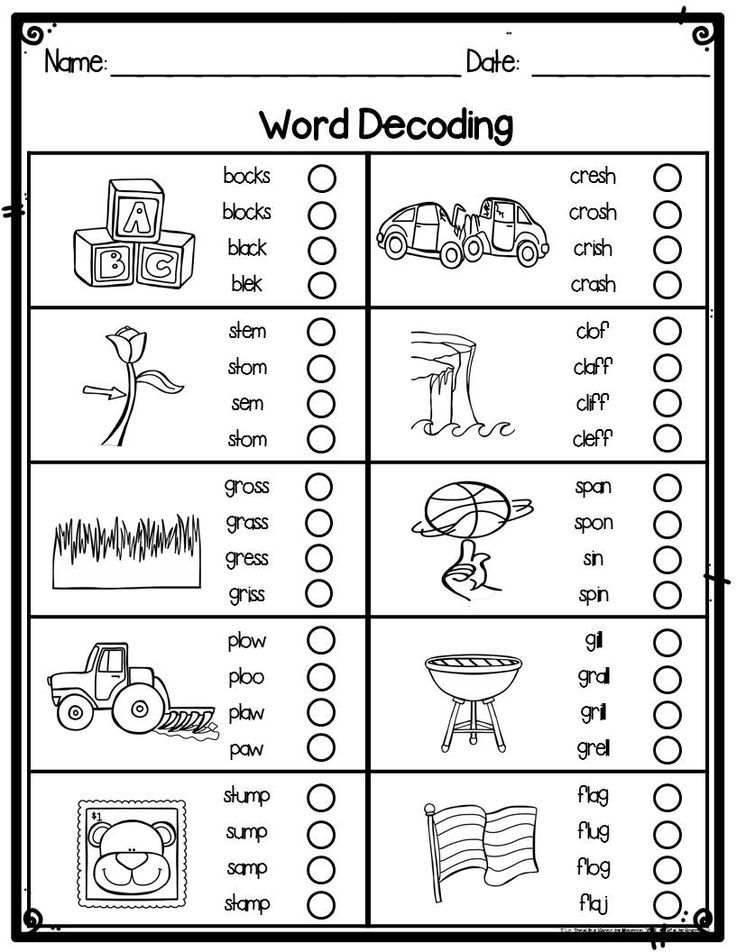 In this post, I explain what glued sounds are and exactly how to teach them. What are glued sounds? Glued sounds are chunks…
In this post, I explain what glued sounds are and exactly how to teach them. What are glued sounds? Glued sounds are chunks…
Read More How To Teach Glued SoundsContinue
Phonics | Spelling
How To Teach Long U Words
ByDelilah Orpi
Last up in my series of long vowel sounds, I’m sharing tips and tricks to teach long u words! Because there are two ways to pronounce long u, it is the most complex of long vowel sounds to teach. I’m going to break down each of the eight ways to spell the long u sound,…
Read More How To Teach Long U WordsContinue
Phonics
All About the Open Syllable
ByDelilah Orpi
Next up in my syllable series, I’m going over the open syllable – what is the open syllable and how to teach open syllables using multisensory and Orton-Gillingham methods.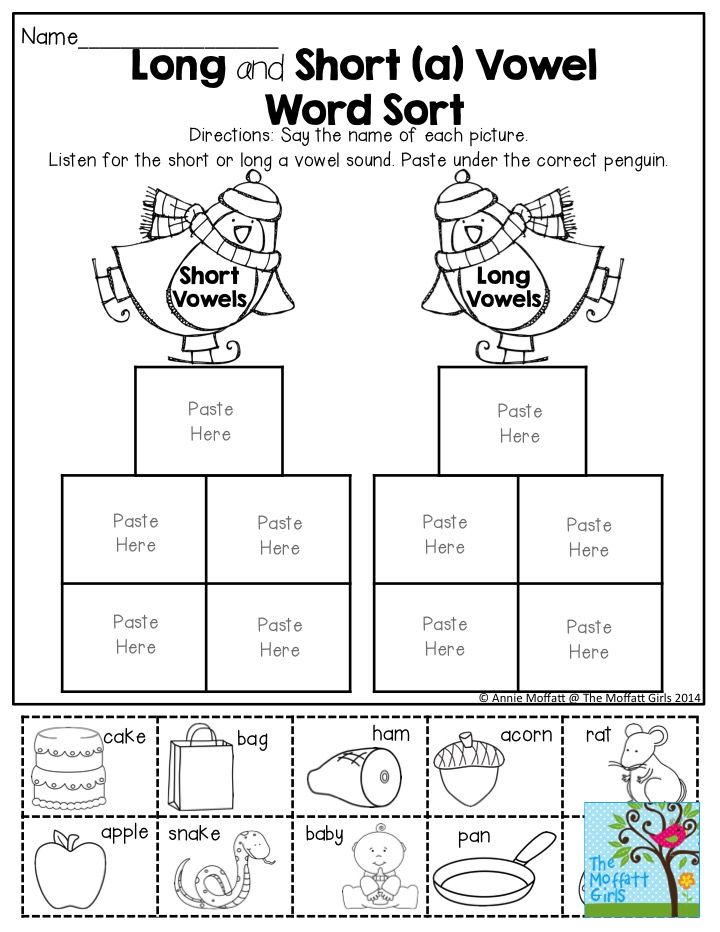 If you are interested in other syllables posts, you can find them here. What is an open syllable? An open syllable is a syllable with a…
If you are interested in other syllables posts, you can find them here. What is an open syllable? An open syllable is a syllable with a…
Read More All About the Open SyllableContinue
Long Vowel Sounds: Fun Activities & Teaching Tips
Share and save!
363 shares
This post may contains affiliate links. This means if you buy something through a link in this post, I will make a small commission at no cost to you. This allows me to keep bringing you great content.
Is your child struggling with reading or pronouncing long vowel sounds? Are you ready to move past CVC words, but aren’t sure how to teach long vowels in reading and phonics? Long vowel sounds can be a point of struggle for many young readers. While short vowel sounds are relatively straightforward and spelled the same each time, long vowel sounds are more complex.
In this post, we are going to talk about when to teach long vowel sounds, some tips for teaching the different rules, and a few fun activities and printables for practicing long vowel sounds.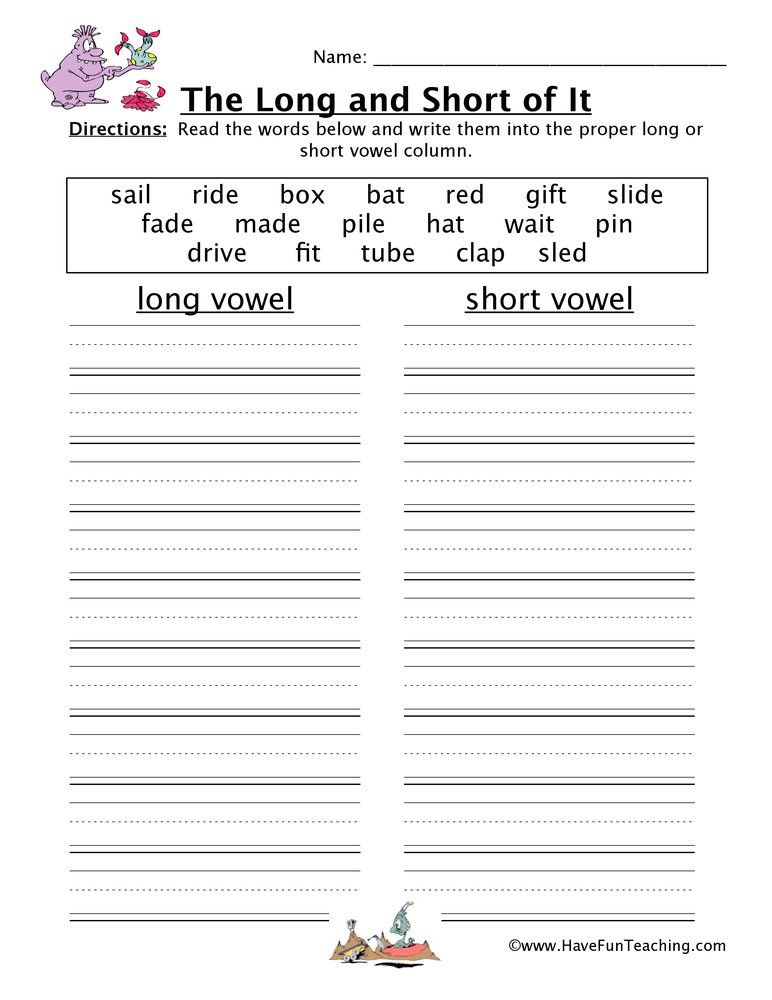 Let’s get started!
Let’s get started!
How to Teach Long Vowel Sounds
Let’s start with how the long vowel sounds are formed. As you go over these rules with your child, you can point them out when they pop up while youare reading books and stories together. Just a quick mention “Hey look, that’s a vowel team. When two vowels go walking, the first one does the talking. So, they must make the “a” sound.” or something like that.
No need to ruin story time with a grammar lesson.
How to Identify Long Vowel Sounds
Long vowels tend to be easier to identify when speaking because the letters “say their names”. A short a, as in apple, makes a sound, but the long a, as in bay says the name of the letter. Long vowel sounds occur when the letter “says its name”.
Forming Long Vowel Sounds
There are four main ways that long vowels are formed: with a silent e, at the end of a syllable, using vowel teams, and I or O before a consonant. When you are teaching long vowels sounds to your young reader, focus on just one of these rules at a time.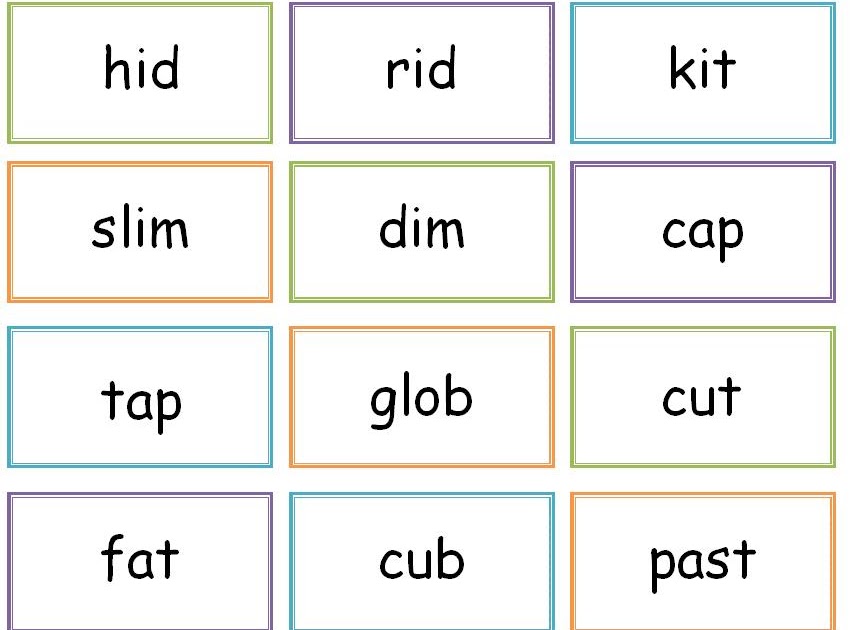 Let them get comfortable with that rule before moving on to the next one. Let’s look at each type of long vowel formation.
Let them get comfortable with that rule before moving on to the next one. Let’s look at each type of long vowel formation.
Silent e. Adding an e to the end of a CVC word changes the short vowel sound into a long vowel sound. Here are some examples:
| CVC Word | Silent e Added |
| cap | cape |
| mat | mate |
| pin | pine |
| pet | Pete |
| tot | tote |
At the end of a syllable. Vowels are often long vowel sounds when they come at the end of a word. For example, hon-ey, hi, mu-sic, me, ban-jo, etc.
Vowel teams. Long vowel sounds can also be created when two vowels are next to each other.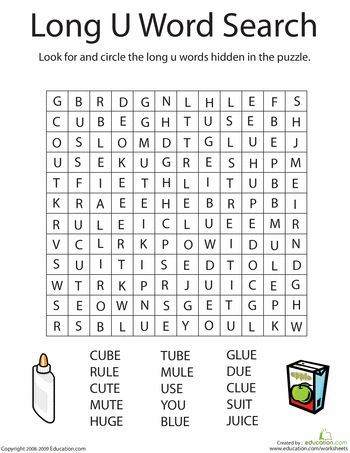 This rule has a cute saying that you may have heard: “when two vowels go walking, the first one does the talking”. This simply means that generally, the first vowel is the long vowel sound in the word and the second vowel is silent (or not talking). For example: meat, train, please, tree, boat.
This rule has a cute saying that you may have heard: “when two vowels go walking, the first one does the talking”. This simply means that generally, the first vowel is the long vowel sound in the word and the second vowel is silent (or not talking). For example: meat, train, please, tree, boat.
I or O before two consonants. This one is pretty straightforward. If I or O comes right before to consonants, it is usually a long vowel sound. Think of words like high, light, sign, mind, pint, comb.
When to Teach Long Vowel Sounds
Mastering long vowel sound decoding is essential to building a strong reading foundation. Young readers will need this skill in later years when they are decoding and learning new, more complex words. For this reason, spending the time needed to make sure your young reader (or struggling reader) masters this skill is definitely worth it.
Long Vowel Sound Activities
My first grader wasn’t interested in reading last year, so we didn’t really push it.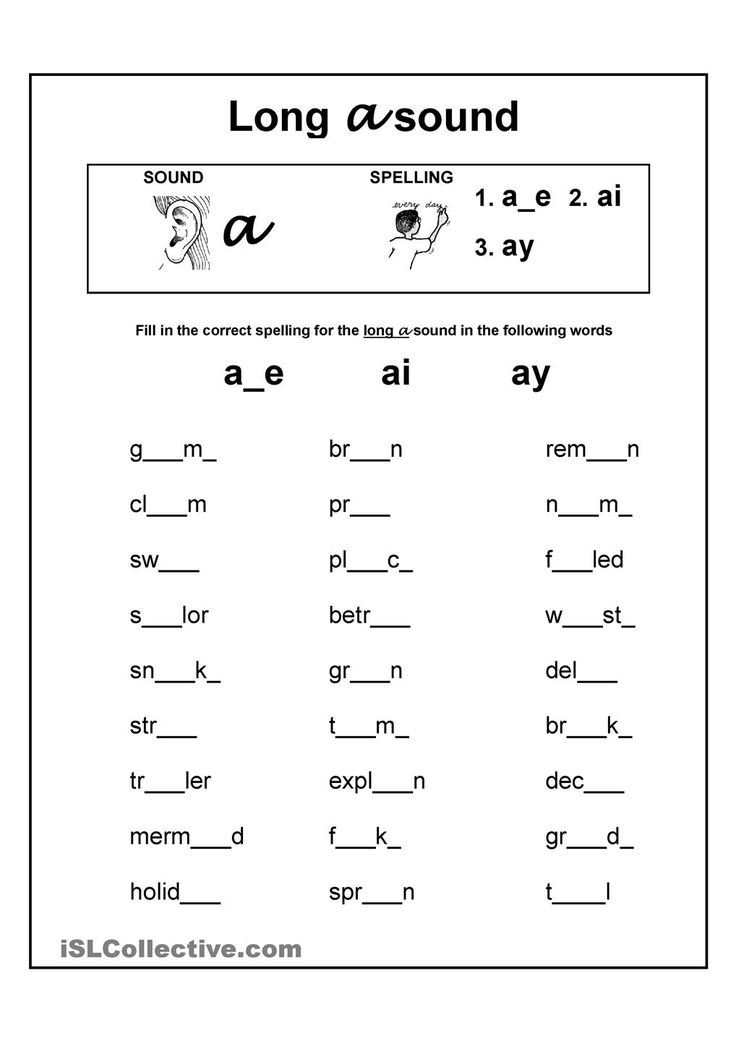 And, she has a very low frustration level, so I tend to wait on skills that are especially hard for her to keep her school experience a positive one.
And, she has a very low frustration level, so I tend to wait on skills that are especially hard for her to keep her school experience a positive one.
Well, fast forward to first grade and she just started memorizing words and reading up a storm. This is fine because reading is essentially memorizing thousands of words and being able to recall them instantly. But, she also needs to be able to sound out new words she encounters, so she can expand her vocabulary.
Since she kind of learned to read backwards, we are going back and reviewing (or learning for the first time) some phonics and spelling rules. She already had a good grasp on her consonant sounds, blends, and short vowels. Reading long vowels isn’t really a problem for her, but sounding them out to spell them on her own is.
To help her practice, I decided to make some activities to practice her long vowel words. You can sign up at the end of the post to get these activities for free!
Finish the Word: Long Vowel Sounds
The first activity I want to share is my Finish the Word worksheet.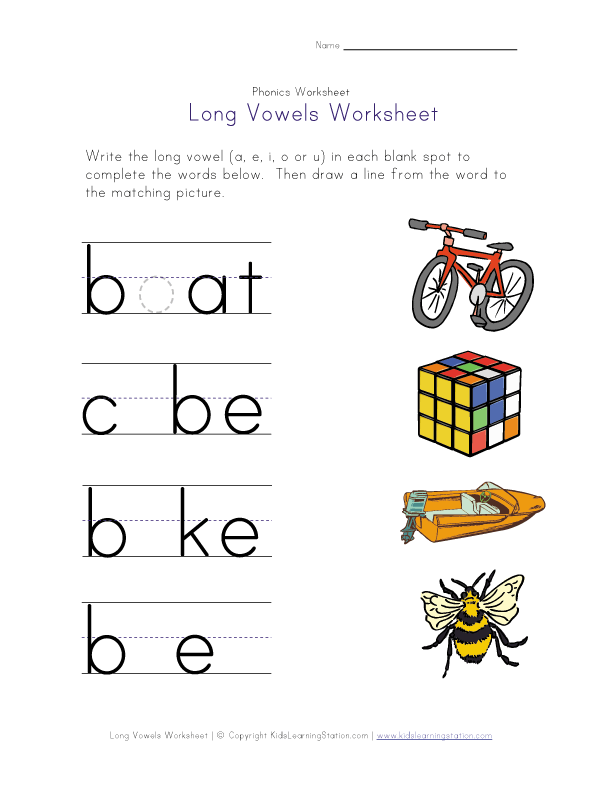 It is just a simple worksheet with pictures on it. Each picture has a long vowel sound and I have left those letters out of the spelling below the word. The young reader, or writer, in this case, must fill in the missing letters to spell the word pictured above it.
It is just a simple worksheet with pictures on it. Each picture has a long vowel sound and I have left those letters out of the spelling below the word. The young reader, or writer, in this case, must fill in the missing letters to spell the word pictured above it.
Here is a peek at the first page (there are two pages in the download):
Related Post:Sort-A-Scene: Long Vowels and Dipthongs
Long Vowel Bookmarks
I have to give my daughter credit for this one, she came up with it all on her own. I had created another long vowel activity when she said “Now, I’m going to make an activity, Mom.” And away she went.
What she came up with was actually great! Here is a shot of the original version (her cutting and color-coding, my word lists):
When she showed it to me, I was amazed. Such a fantastic, simple idea! I told her I was going to create a blog post and product from it and she got all excited. So, you can simply make your own lists. Or, if you’re strapped for time and don’t feel like thinking up all the words that have long vowels, you can print out my lists!
The activity itself is very simple.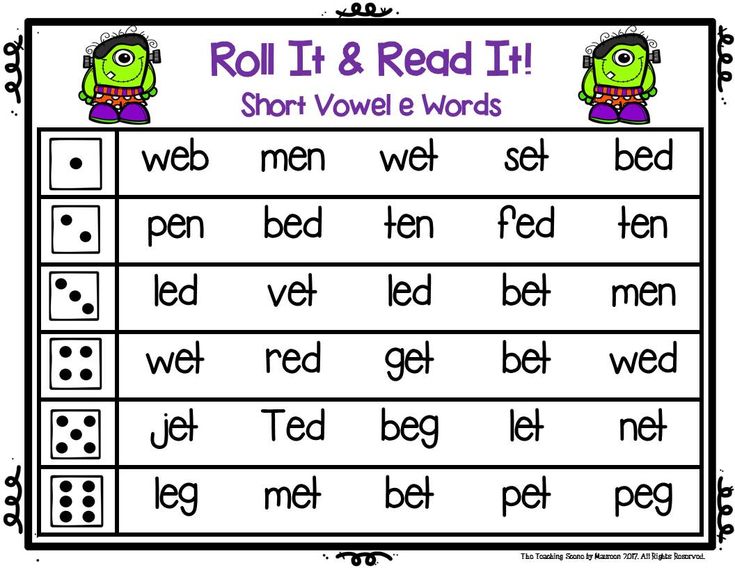 Students look at each list. At the top is one of the vowels (for example, long a). Next, the student reads down through the list and highlights the words that have that long vowel sound. My daughter wanted to use a different color for each vowel because….more colors equals more fun in our house!
Students look at each list. At the top is one of the vowels (for example, long a). Next, the student reads down through the list and highlights the words that have that long vowel sound. My daughter wanted to use a different color for each vowel because….more colors equals more fun in our house!
Here is a peek at my pre-printed lists (there are four sets of lists in the download):
Long Vowel Poster Set
I think reference materials are so important for young learners. Seeing the information about which they are learning helps to ingrain it into their brain. I also like to gently teach my daughter to find answers for herself instead of just asking me all the time. These long vowel posters are great for kids to be able to look at them and see all of their options for a particular vowel sound.
I created full-page versions and half-page versions, so just print the pages you prefer.
Here is a peek:
Sign up below to download the activities shown in the post, plus a ton of other homeschooling freebies!
More Free Long Vowel Resources
Whenever I come across a great resource, I love to share it with my readers.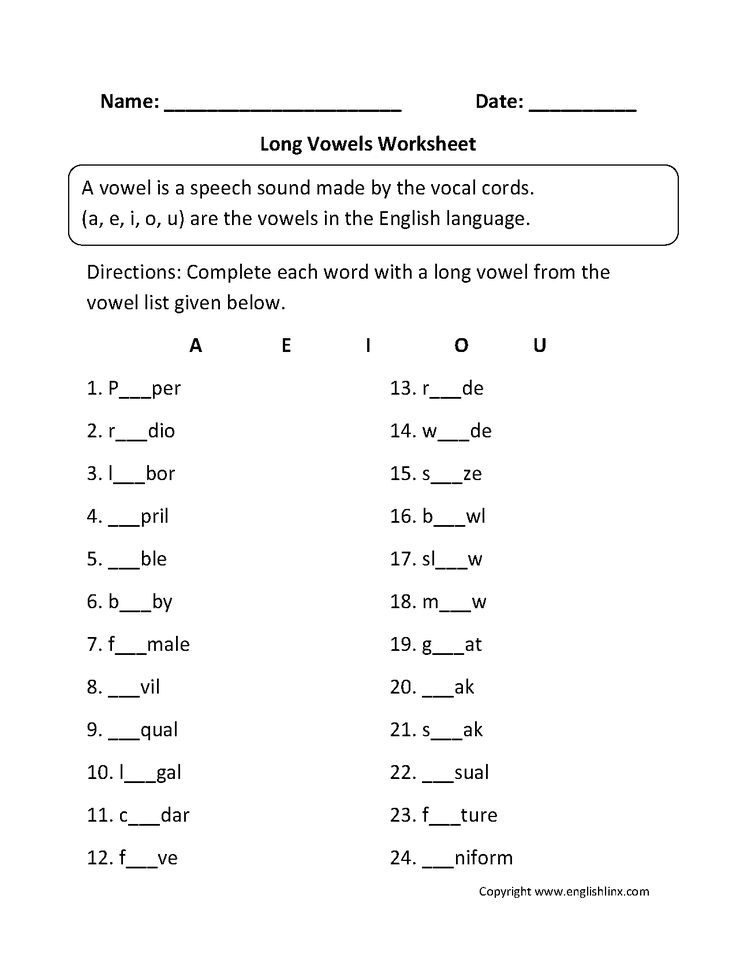 Here are some other resources and blog posts that might help you if you are working on reading with your child.
Here are some other resources and blog posts that might help you if you are working on reading with your child.
Free long vowel products from Teachers Pay Teachers.
This Reading Mama always has great printables and her long vowel sounds printables are no exception.
The All About Learning Press blog has some great spelling resources and a free printable vowel combinations chart.
Share and save!
363 shares
Lesson "Compound words" (Grade 2, PNSh)
How words are made.
Compound words from two roots with a letter connecting vowel.
(grade 2 "Perspective Primary School")
Lesson goal: mastering the spelling of words consisting of two roots.
Tasks:
- teaching:
- to consolidate the ability to find and form complex words;
- analyze, generalize, systematize;
- develop memory, attention, speech of students;
- developing:
- improvement oral and written speech,
- enrichment of students' vocabulary;
- educational:
- instilling interest in the Russian language;
- education of the culture of intellectual work;
- creation of an emotional and valuable attitude to the subject;
- fostering trusting relationships, a sense of mutual assistance, support.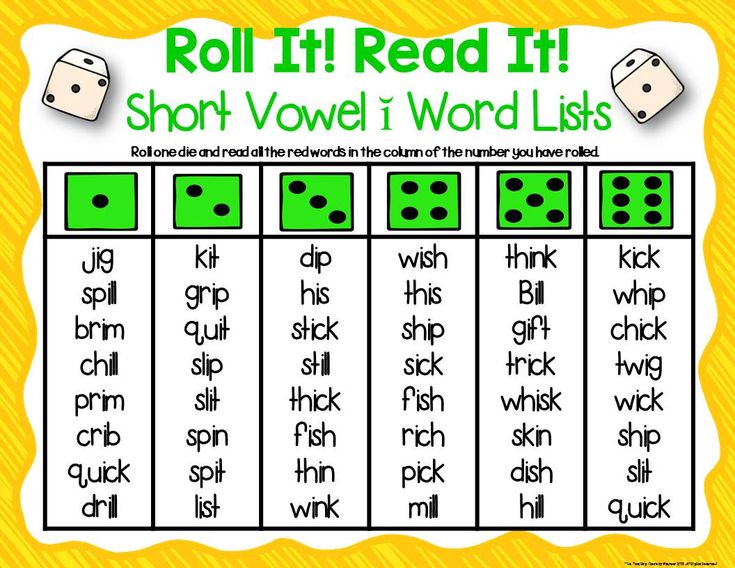
Lesson type: generalization and systematization of knowledge.
Formation of UUD in the lesson:
Personal UUD
- formation of the desire to perform learning activities;
- use of fantasy, imagination when performing learning activities
Cognitive UUD
- independent selection and formulation educational purpose;
- search and selection of necessary information;
- selection of the most effective ways to solve the problem;
- the ability and ability of students to produce simple logical actions (analysis, synthesis, comparison, generalization, etc.)
by peers – determination of the purpose, functions of participants, ways of interaction;
- cooperation in the search and collection of information;
- the ability to express one's ideas with sufficient completeness and accuracy thoughts ;
- the formation of the ability to explain your choice, build phrases, answer the question, argue;
- the formation of the ability to work in small groups.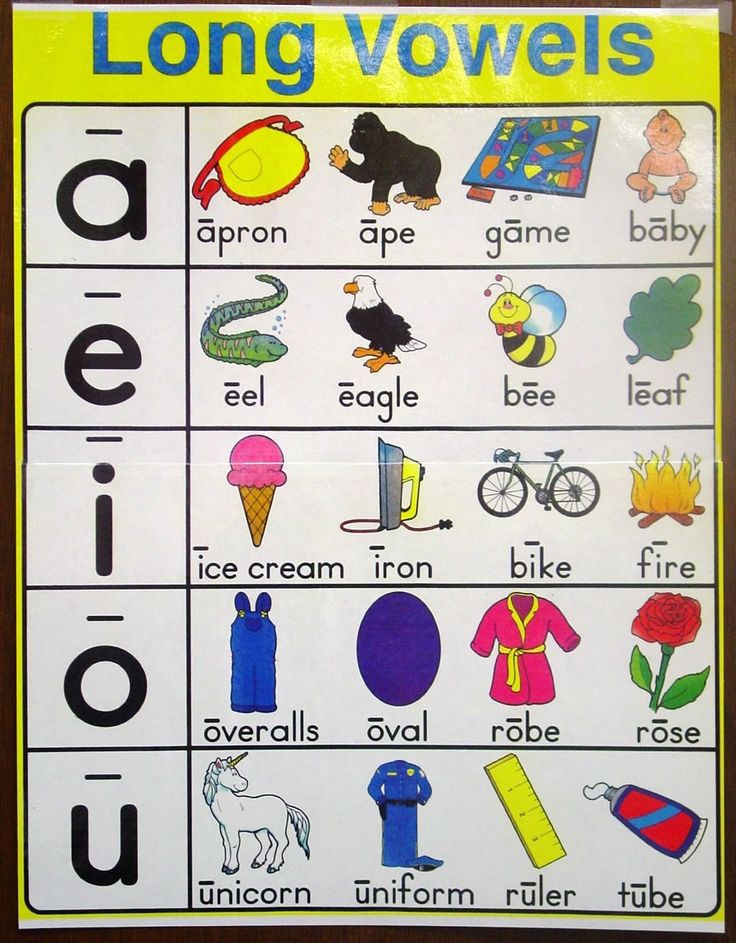
Regulatory UUD (types of learning activities)
- goal setting;
- planning;
- forecasting;
- control in the form of comparing the method of action and its result with a given standard;
- correction;
- estimate
Planned results:
Subject:
Be able to find and write difficult words.
Know the spelling connecting vowels in compound words.
Personal:
self-esteem based on success criteria educational activity.
teachers; pronounce the sequence of actions in the lesson;
- work according to a collective plan;
- evaluate the correctness of the action at the level of an adequate retrospective estimates;
- plan your action in accordance with assigned task;
- make the necessary adjustments to the action after its completion based on its evaluation and accounting the nature of the errors made;
- express your opinion (Regulatory UUD).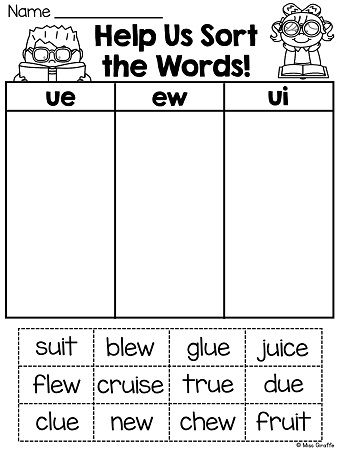
- be able to formulate one's thoughts orally;
- listen and understand the speech of others;
- jointly agree on the rules of behavior and communication at school and follow them (Communicative UUD).
- be able to navigate in their knowledge system: distinguish new from already known with the help of a teacher;
- mine new knowledge: find answers to questions using a textbook, your life experience and information gained in the lesson
(Cognitive UUD).
Equipment: Russian language textbook, grade 2, part 3 author edited by M.L.Kalenchuk. Moscow. Academic book / Textbook. 2012, multimedia equipment, cards for group and pair work
Lesson progress
1. Organizational moment.
A) Creating positive motivation.
Tell the secrets of the word
I'm always ready for you,
But be ready in class
Reveal the secrets of the words yourself!
B) Inter.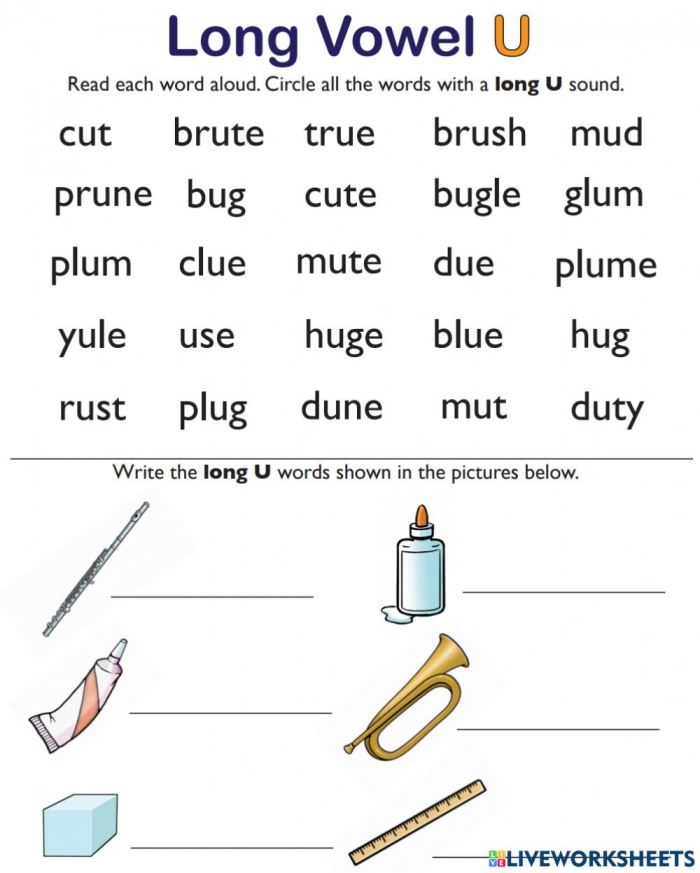 board. Creation problem situation
board. Creation problem situation
- Pay attention to the blackboard.
- Divide the words into 2 groups.( Flavor e sos , trapper, refrigerator, starfall , lumberjack, bicycle, computer, snow-white , snowman, book)
- What words does group A consist of? (complex words)
- What unites the words of group B? (words - objects)
- Which word is superfluous in group A? Why?
(Snow-white - sign, vacuum cleaner - conn. e)
- When we write a connecting vowel - Oh ... -E? (they connect parts of a compound word, o - after a solid consonant, e - after a soft consonant and letters w, w, c)
C) A minute of calligraphy.
- We will write these letters in minute of cleansing.
Write down the number ... write down the given letters compound words?
(Addition of two roots in compound words with the help of conn. vowels -o, -e)
2.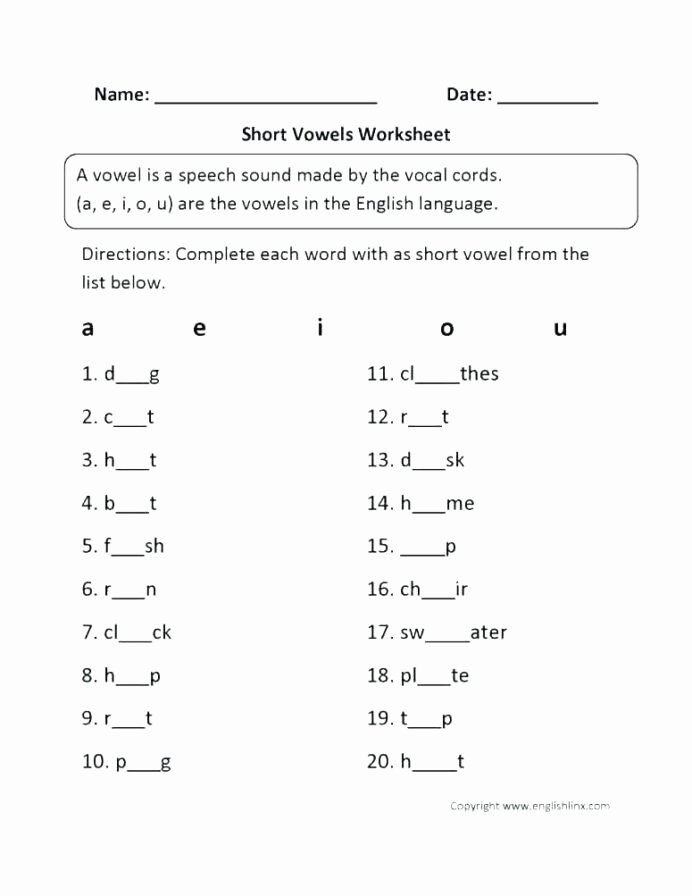 Work on the topic lesson
Work on the topic lesson
C) Training in composing words with two roots (on the board)
- Replace the phrase with one compound word. Write down, mark the root in words and emphasize the connecting vowels.
Walking on foot - pedestrian
Cleans pipes - chimney sweep
Item for catching mice - mousetrap
Lazit rock climber
This one who loves to read is a book lover
Ship, which breaks ice - icebreaker
-How formed a new word? (Two roots connected by vowels -O-, -E-)
-Why in some cases in compound words the connecting vowel is written - O, and in other E?
(The vowel O is written after hard consonant, vowel E after soft consonant and consonants w, w, c.)
- Reread words, what 2 groups can they be divided into and why?
(Animated -Who? Inanimate objects - What?)
- Who found it easy to form compound words ?
D) Work according to the textbook
p. 97, exercise 107 (in accordance with the assignment)
97, exercise 107 (in accordance with the assignment)
E) Physical education minute.
- let's now let's rest a bit.
- Get up. Closed eyes. Imagine that you are standing near a waterfall. But it's not ordinary waterfall. Instead of water, soft white light falls down in it. Now imagine yourself under this waterfall and feel how this beautiful white light flows over the body. Raise your hands up, down. White light flows through your head arms, back, legs. This allows feel very relaxed and pleasant. you feel completely calm and serene, and with each inhalation and exhalation you are filled with fresh forces. Now let's thank this waterfall of light for making it possible relax.
E) Work in pairs.
On you have cards on the table. Read the text, find and underline difficult words.
The highest waterfall in Russia - Talnikovskiy waterfall. He is very beautiful. We must conserve water.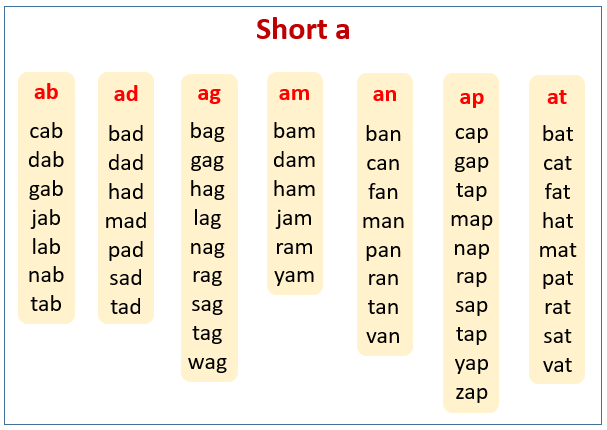 To do this, you can not pollute it. Only in clean reservoirs a plant grows, which is called - vodokras . To guard underwater world, divers study his. And we need to love and protect nature.
To do this, you can not pollute it. Only in clean reservoirs a plant grows, which is called - vodokras . To guard underwater world, divers study his. And we need to love and protect nature.
Check.
- What does this text teach us? (We must conserve water. To do this, we must not pollute it, we it is necessary to love and protect nature.)
- What words did you underline?
- Guys, what unites these words?
- Waterfall , pond, water paint, diver.
- From what words they are formed. Do we understand what they mean?
Waterfall - falling water.
Pond - water tank, there are natural and artificial reservoirs that were built People.
Diver - a person who works underwater.
Vodokras - It is a plant that grows in water.
- What the connecting vowel is written in these words? Why?
(Letter o, because q is a hard consonant)
- What the role of compound words in Russian ?
(they needed for brevity of speech, they are used instead of phrases)
F) Group work
Game Puzzles
| Assemble difficult words. In the composed words, highlight roots and emphasize the connecting vowel. Name the person's profession. Bee times water it – __________________ Forest rub it – _______________________ Catches animals - ____________________ Catches fish - _______________________ Horse times water it - ___________________
|
| Assemble difficult words. In the composed words, highlight roots and emphasize the connecting vowel. Name home helpers. He cooks himself - ______________________ Juice squeeze no - ________________ Dust sucks - ____________________ Chopping meat - ________________________ Cuts vegetables - ______________________
|
| Assemble difficult words. In the composed words, highlight roots and emphasize the connecting vowel. Name the phenomena of nature. Stones are falling - ____________________ Falling water - _______________________________ Stars are falling - ________________________ Snow is falling - ________________________________ Leaves are falling - _____________________
|
| Assemble difficult words. In the composed words, highlight roots and emphasize the connecting vowel. Name the person's profession. Pigs pasture yo – __________________ Sea walk – _____________________ Water climb - ________________________ To catch birds - _______________________________ Garden for waters it - _________________________________
|
| Assemble difficult words. In the composed words, highlight roots and emphasize the connecting vowel. Name representatives animal world. Beetle that eats core y –_________________ Utk a and nose -_____________________ Sheep a + bull -________________________ Earth y swarm (mouse) – _______________________________ Thick forehead (fish) -___________________________
|
| Assemble difficult words. In the composed words, highlight roots and emphasize the connecting vowel. Name the mode of transport He flies himself - ________________________ Steam walks - _______________________ Walks everywhere - ______________________ Walks in the snow - _____________________ Walks on the moon - ___________________________ |
| Assemble difficult words. In the composed words, highlight roots and emphasize the connecting vowel. What is the name of the fairy-tale hero? Star counts - _____________________ Blue eyes -_____________________ Golden hair - ______________________ White snow - _________________________ White hands - __________________________ |
| "Collect" difficult words. In the composed words, highlight roots and emphasize the connecting vowel. Name the words- signs (Words must answer the question what? ) kind soul –__________________ Sharp mind –______________________ Blue eyes -___________________ Dark hair -___________________ White teeth - _____________________
|
DOCUMENT - CAMERA
3.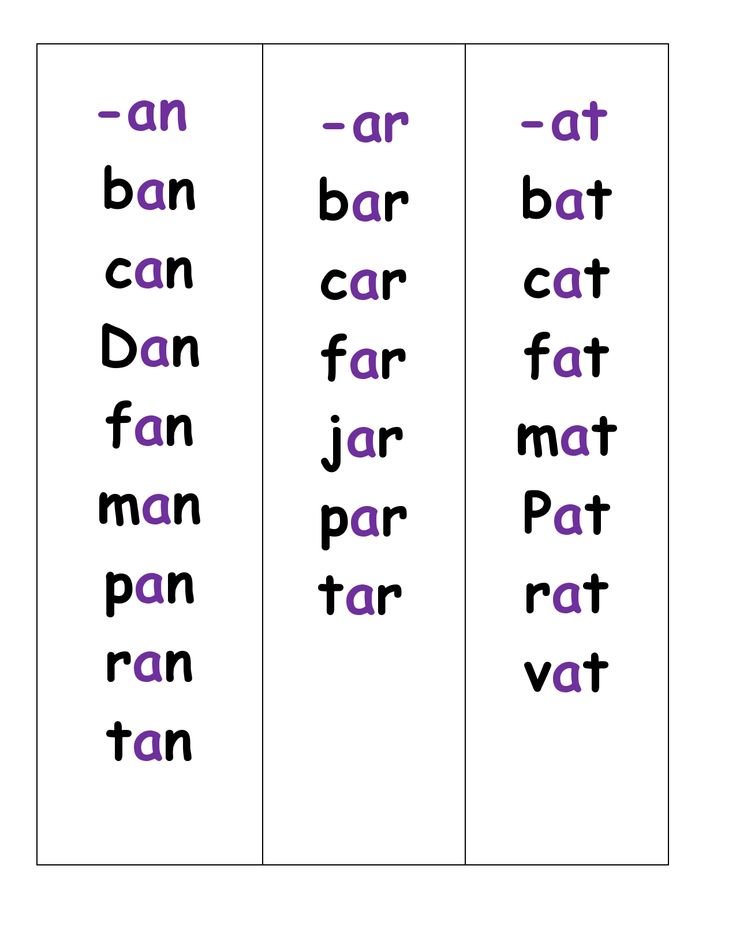 Summary of the lesson.
Summary of the lesson.
- Let's evaluate your work in class.
Show card with selected color:
Excellent - green
Good - yellow
Not very good - red.
-What learned today at lesson ? (Studied find and form words with two roots)
- How can you make a compound word? (You need to connect two roots with vowels –О-, -Е-.)
- What are compound words for? ( for brevity of speech, instead of phrases )
Yes and no test
- I pronounce statement, if you agree with it, show a green card, do not agree - a red card.
1. Compound words - these are all long words.
2.If the first root ends in a solid consonant, then we write the connecting vowel -O-.
3. After the letters -Ж- , -Ш- and -Ц are written -О-
4. Words that have two roots are called compound.
5. If the first root ends in a soft consonant, then we write the connecting vowel -E-.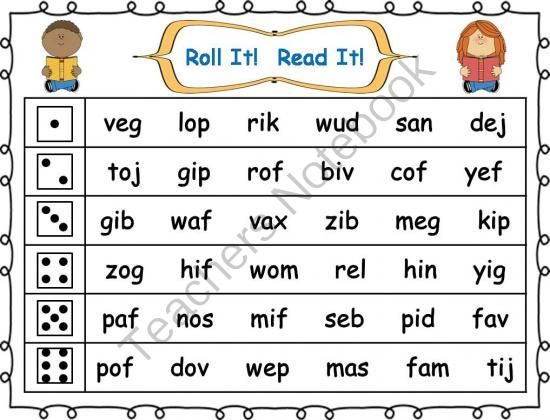
4. Reflection
- Complete the sentence:
I liked…
It was difficult…
It was interesting…
5. Homework.
( differentiated students' choice)
- A You choose your own homework. On my table you see two cards: number 1 and number 2. On card number 2, the task is more difficult, and on card number 1 - take it easy.
Anyone who wishes can complete both tasks.
CARD #2
words according to the model:
Red breast - (what?) red-breasted
Bright head - _______________________________
Long legs - ____________________________
Short tail - _____________________
Variegated wings - _____________________
floats on water - _________________
CARD №1
Write out a number of words compound words:
Icebreaker, snowman, pedestrian, island, locomotive, digger, strawberry, plane, platypus, wall newspaper, all-terrain vehicle.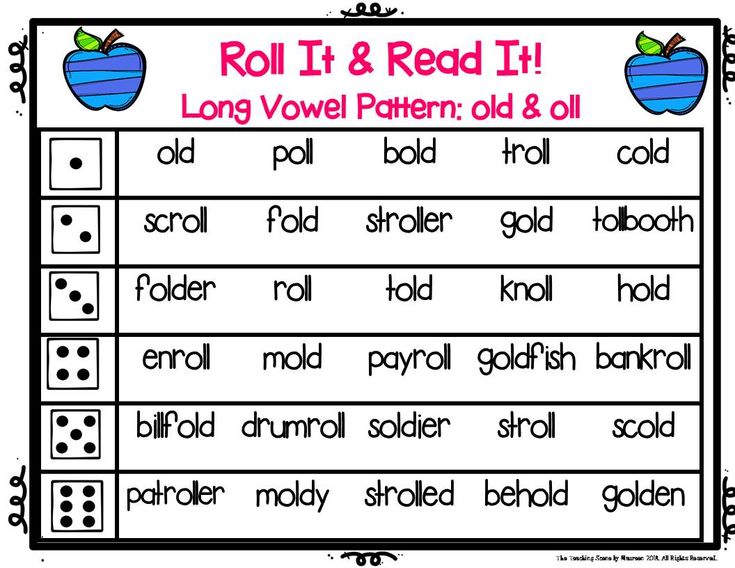
Additionally (for the lesson)
9000 9,0000014Roots lost", restore the words ( Hint : first highlight the roots of the words, underline the connecting vowel and swap the roots of the words in places)
Noso stroke
Sea flight
Helicopter horn
paro flight
Samo unit
Bird move
4
| CARD #2 Form complex sample words: Red breast - (what?) red-breasted Bright head - _______________________________ Long legs - ________________________ Short tail - _____________________ Motley wings - _____________________ floats on water - _________________
|
| CARD #1 From a series of words write out difficult words: Icebreaker, snowman, pedestrian, island, locomotive, digger, plane, platypus, wall newspaper, all-terrain vehicle.
|
| CARD #2 Form complex sample words: Red breast - (what?) red-breasted Bright head - _______________________________ Long legs - ________________________ Short tail - _____________________ Motley wings - _____________________ floats on water - _________________
|
| CARD #1 From a series of words write out difficult words: Icebreaker, snowman, pedestrian, island, locomotive, digger, plane, platypus, wall newspaper, all-terrain vehicle.
|
| CARD #2 Form complex sample words: Red breast - (what?) red-breasted Bright head - _________________________ Long legs - ________________________ Short tail - _____________________ Motley wings - _____________________ floats on water - _________________
|
| CARD #1 From a series of words write out difficult words: Icebreaker, snowman, pedestrian, island, locomotive, digger, plane, platypus, wall newspaper, all-terrain vehicle.
|
Dictation "Unstressed vowels" Grade 2
Dictations in Russian for grade 2 on the topic: "Spelling of unstressed vowels at the root of the word." Dictations are selected in accordance with the programs of Russian schools and the Federal State Educational Standard.
Visual dictations on the topic "Checked unstressed vowels in the root of the word"
I. The bear sent the fox
Collect firewood in the forest.
II. Behind the mountain near the river
Where, along the bank of the oak tree,
There is a small village
Under the name of Eccentrics.
(G. Ladonshchikov)
III. I'm saving this
in a box.
She lay before
In the sand on the shore. (A. Barto)
IV. Proverbs
1. Spring is red with flowers, autumn with bread, and winter with snow.
2.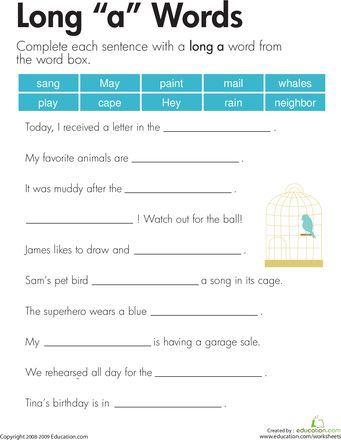 Lazy hands are not related to a smart head.
Lazy hands are not related to a smart head.
3. On a strange side, happy with his little funnel.
Warning and explanatory dictations on the topic "Unstressed vowels at the root of the word"
Dictation "Winter in the forest".
Winter has come. The trees in the forest are white. The ground is covered with a snow coat. Crossbills sit on the pines. They have a nest there. There will be chicks soon. (25 words)
New spelling: Checked unstressed vowels at the root of the word
Period at the end of a sentence
Dictionary word - soon.
Dictation "Footprints in the snow".
In winter, the ground in the forest is like a fluffy carpet. Each animal will leave its footprints on it. Here comes the wolf. And here comes the rabbit. He ran away from the fox. (28 words)
New spelling: Checking unstressed vowels at the root of the word
Repeat spellings and punctograms:
1.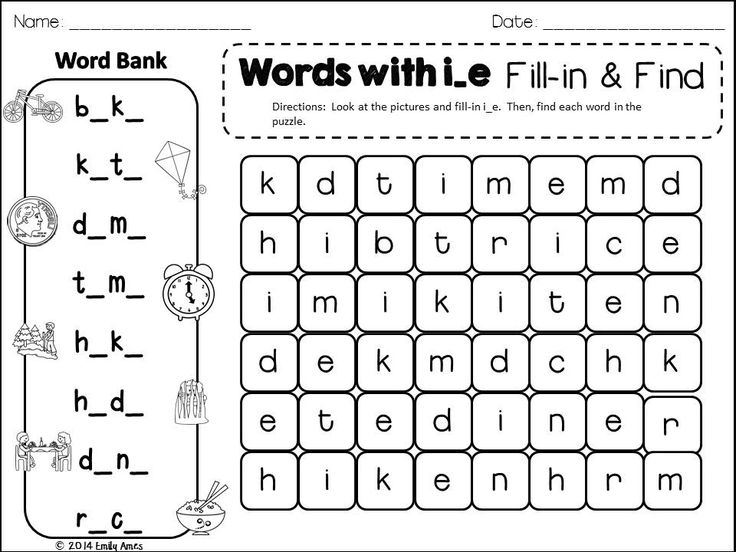 Combinations of letters zhi, shi
Combinations of letters zhi, shi
2. Capital letter at the beginning of a sentence
3. Period at the end of a sentence
The dictionary word is hare.
Dictation "River".
We walked along a wide path. I heard the splash of water. It was a river. There were tall trees near the river. Golden water lilies bloomed near the shore. (24 words)
New spelling: Checking unstressed vowels at the root of the word
Repeat spellings and punctograms:
1. Combinations of letters zhi, shi
2. Capital letter at the beginning of a sentence
3. Period at the end of a sentence
Dictation "Goat"
Once upon a time there was a goat. She had seven kids. One goat was the smallest. The goat will go into the forest, and the kids will lock the door and sit at home. The goat will return and sing a familiar song. The kids will recognize their mother's voice and the words of the song and open the door.
(According to a Russian folk tale)
Dictation "Sorbus"
A young mountain ash, an old birch and an old oak grew nearby in the grove.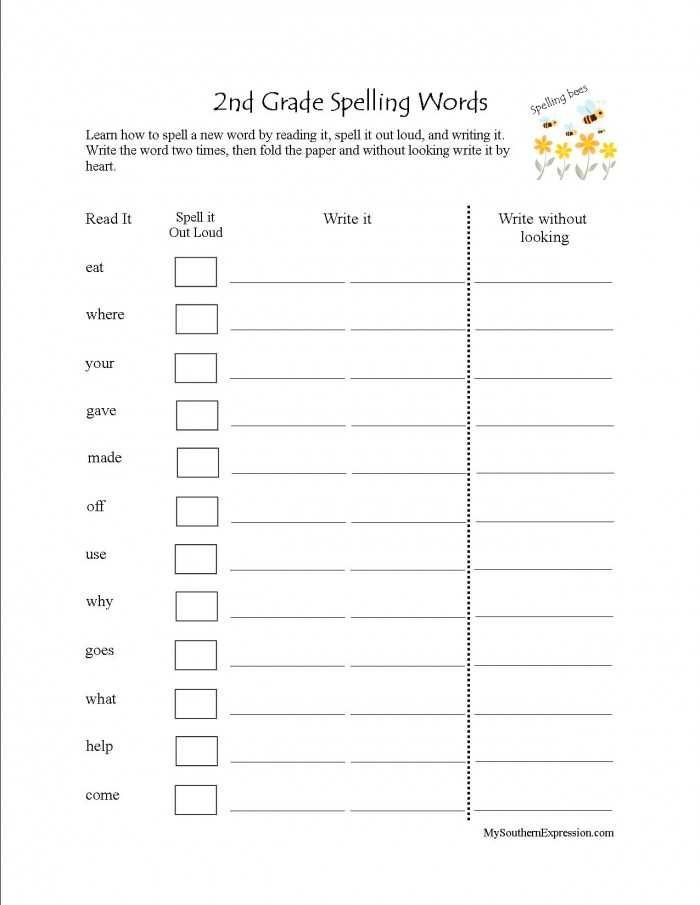 The wind came up. The trees rustled their leaves. So they talked to each other. The old oak also knew how to creak its trunk in different ways.
The wind came up. The trees rustled their leaves. So they talked to each other. The old oak also knew how to creak its trunk in different ways.
(According to V. Bianchi)
Dunno dictation.
Fuchsia and Herring took Dunno by the arms and brought her to the porthole. Dunno looked into it and saw the ground. The earth was visible in the form of a huge ball with bright spots of continents and dark seas and oceans. There was a luminous halo around the globe. He enveloped the entire Earth, like a soft, warm, duvet.
(According to N. Nosov)
Teterev's dictation.
The black grouse sat on a wide bough between two trees. It shimmers with all seven colors. The black grouse proudly stretched out his neck and began his long song.0159 (According to M. Prishvin)
Dictation "Enemy"
Hares lived on the lawn in a forest. In the clear air in the forest they frolicked. But a fox settled on the bank of a forest river. The red-haired cheat began to follow the cheerful hares.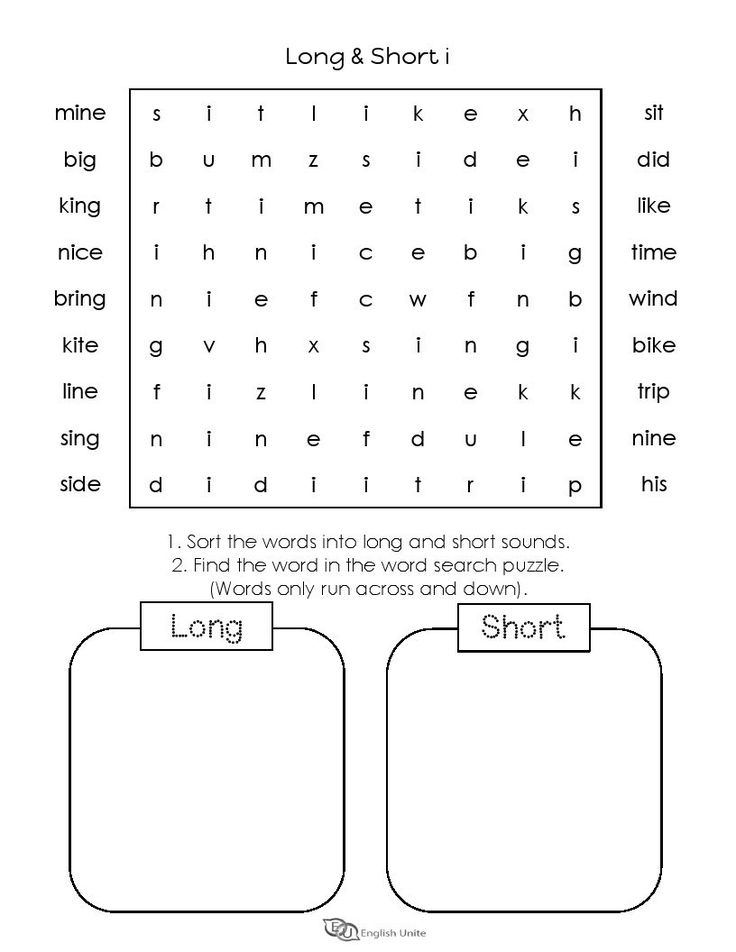 Animals, lock the minks on the hook! A dangerous enemy has entered the woods!
Animals, lock the minks on the hook! A dangerous enemy has entered the woods!
(According to A. Milev)
Distributive dictations on the topic "Checkable unstressed vowels in the root of the word"
Task for dictations: Write words in two columns - with checked unstressed vowels in the root of the word and with unchecked ones.
Dictation 1.
Sparrow, grain, bucket, shovel, axe, star, enemies, vegetables, trees, gardens, cow, dog, cucumber, sails, potatoes, arrow, health.
Dictation 2.
Father, heat, lowland, cabbage, bear, nest, thunderstorm, oar, carrot, basket, dew, letter, lemon, water, sailor, fingers, hurricane, harvest, tent.
Selective and creative dictations on the topic "Writing words with unstressed vowels in the root"
Dictation 1.
Task: Write down the lines of the poem that will help you write the unstressed vowels in the root correctly.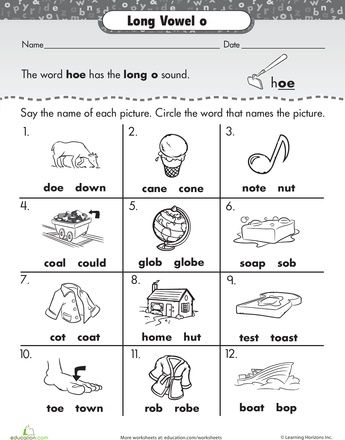
Unstressed tricky vowel.
We hear it perfectly, And what is the letter in the letter? Science will help you here: Emphasize the vowel, To dispel all doubts!
(From the collection "Entertaining Grammar")
Dictation 2.
Task: Write out in pairs words with unstressed vowels in the root and test words. Put emphasis on them.
A pine tree grows on the shore, And next to it are pine trees. A beautiful star is burning, And next to it are stars. There is dew on the grass, And next to it there is dew.
Here a scythe hurries across the grass, And next to it are scythes.
(From the collection "Entertaining Grammar")
Dictation 3.
1. On a strange side, I am glad of my little funnel. 2. Every bird likes its own nest. 3. Native land is sweet in a handful. 4. With your hand you will defeat one, and with your head you will defeat thousands. 5. Simplicity, purity and rightness are the best beauty. 6. Spring is red with flowers, autumn with bread, and winter with snow.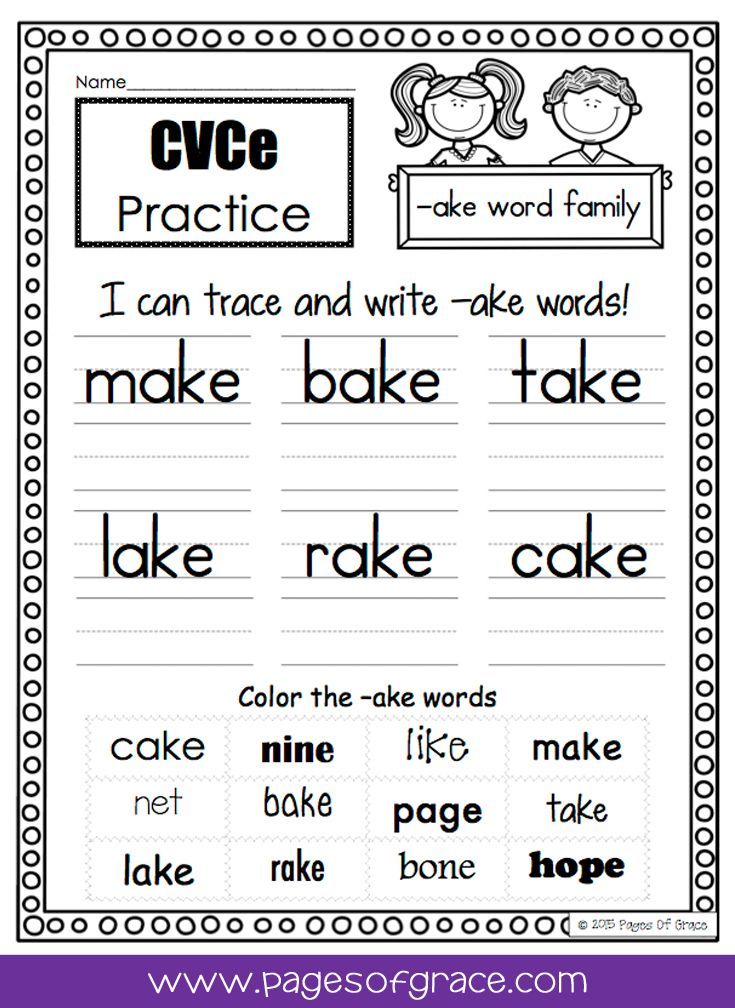
Dictation 4.
1. Where there is water, there is trouble. 2. Mow, spit, while dew. 3. Every river flows to the sea. 4. In the eyes - like a fox, and behind the eyes - like a wolf. 5. Where the crow flies, it looks there. 6. Pray to God, but keep a good mind. 7. Cats from the yard, and mice - on the tables. 8. If in January there are frequent snowfalls and snowstorms, then in July there are frequent rains.
Dictation 5.
1. A narrow path led us to the lake. 2. Cones hang on the Christmas tree. 3. In spring, the river flooded the banks. 4. It gets dark early in late autumn and winter. 5. The dawn brightens on the horizon. 6. Caring rooks dragged worms and midges to their babies. 7. Skates glide well on ice. 8. A crop of apples is ripening in our garden. 9. The child was treated by a new doctor.
Dictation 6.
1. The days in January are frosty. 2. Squirrels are found in a pine forest. 3. The teacher praised us for our good work.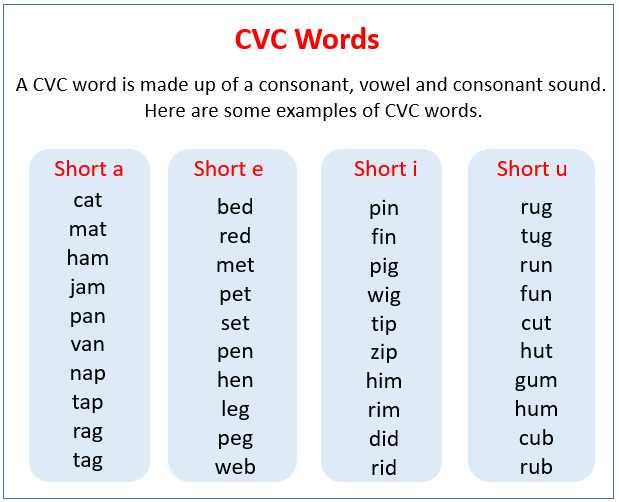 4. The kids had fun around the Christmas tree for a long time. 5. Spruce branches hid the hare. 6. There is still snow in the shade, but it has already melted in the sun. 7. Swallows hovered above the ground before a thunderstorm.
4. The kids had fun around the Christmas tree for a long time. 5. Spruce branches hid the hare. 6. There is still snow in the shade, but it has already melted in the sun. 7. Swallows hovered above the ground before a thunderstorm.
Dictation 7. Bells.
The voice of a bell is a combination of several sounds. The beauty of the sound depends on the shape of the bell bowl and the thickness of the walls. How the old masters did not make bells! The bells were faceted and round, long and short. But their voices are directly related to weight. Russian craftsmen always wrote its weight on the bell. Bell casting has always been considered a great art.
(According to O. Uzorova)
Dictation 8.
Task: underline the unstressed vowels, write test words in brackets, put the stress mark.
The storm was coming. Ahead, a huge purple cloud slowly rose from behind the forest. Long purple clouds rushed towards me. The willows stirred and babbled anxiously.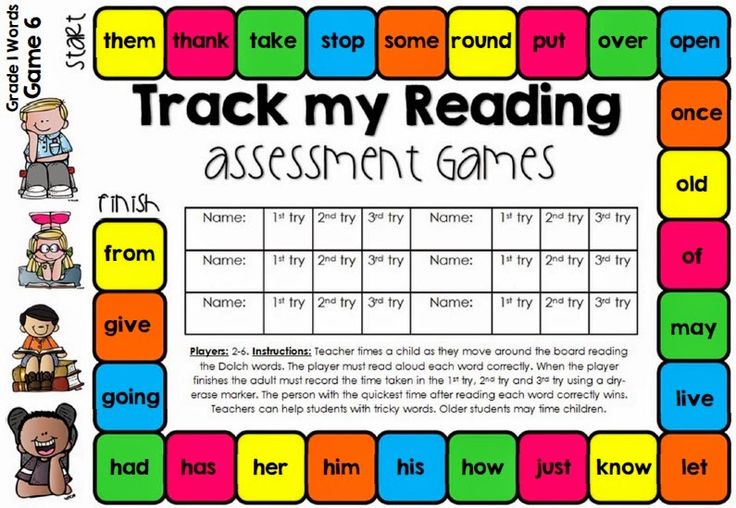 The stifling heat gave way to damp cold.
The stifling heat gave way to damp cold.
(According to I. Turgenev)
Dictation 9.
1. A rocky mountain rose into the sky. 2. We rented a river bike. 3. St. John's wort - medicinal herb. 4. A harsh winter has come. 5. Thrushes have returned from warm countries. 6. Bread was removed in autumn. 7. Cherry orchards will bloom in May. 8. There were tennis balls on the court. 9. The tables were arranged in straight rows. 10. Urgent business delayed me on the way.
Dictation 10.
1. Rainy autumn has come. 2. We stayed in the summer in the village with my grandmother. 3. Father called on Sunday. 4. The nightingale whistled on a branch. 5. A hare ran along the path. 6. Tops of poplars could be seen in the distance. 7. The tops of the firs swayed and creaked from the wind. 8. A forester lives in his lodge in a forest clearing. 9. There was a salt shaker on the table. 10. The groom entered the stable and untied the horse.
Dictation 11.
In the long winter the woods and fields smelled of snow. In April, new scents appeared. They come from the earth, from the green bristles of grass, the first flowers. They flow in streams from the sticky leaves of birches, drip along with birch sap.
(According to N. Sladkov)
Dictation 12.
1. Whoever lies a lot, his side hurts. 2. Where there is a flower, there is honey. 3. A bee is not a whale, it is small, but its deeds are great. 4. Pay good for good. 5. Bread is the head of everything. 6. The ant is small, and it works. 7. Mow the scythe until the dew. 8. Every bird likes its own nest. 9. Who is lazy, he is sleepy.
Test dictations on the topic "Unstressed verifiable vowels in words (check - changing the form of the word)"
Suggestion under dictation.
- Bumblebees are buzzing over the flowers along the path.
- It is good to sit in the shade in the heat.
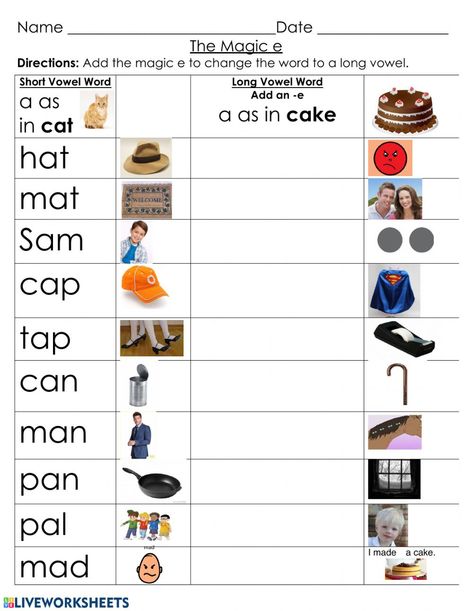
- The stove was placed right next to the window.
- Tall cupboards stood near the wall in the hut.
- Beavers build their houses in the water.
- The time of suffering is going on in the country.
- A bee was crawling on the glass of the window.
- Firewood lay on the grass in the yard.
- In spring, water quickly runs through fields and meadows.
- Traces of animals in the winter in the snow - book page.
- Nets are not allowed to fish in the river!
- Boards and nails can be used to quickly fill gaps.
- Goose pen in the old days could write any letter.
- Mushrooms hide well in grass and foliage.
- On call, the workers took their places in the workshop.
- The letter to my sister contained the warmest words.
- He wiped a tear from his cheek and smiled.
- There were mistakes in the words on the board.
- Grandfather piled firewood for the furnace in the yard.
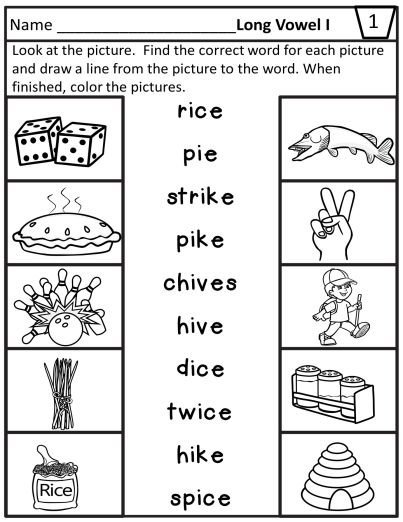
- Drops of water hang on the leaves after the rain.
- There are beautiful places in our land.
- The grass has completely dried up in the clearing from the intense heat.
- Zinaida shook the rug outside.
- Nadezhda hatched a rectangle with a ruler.
- In autumn, when the leaves fall, a carpet of leaves lies under your feet.
- Natasha was presented with a gorgeous gold chain.
- After a long rain there was water in the flower garden.
- The great tit sat on the top of a pine and sang.
- On cold autumn evenings we often stoked the stove.
- Nadezhda kept repeating the same thing over and over.
- The hawk grabbed the chick with its claws.
- Vasily made pets out of plasticine.
- In the evenings the curator of the museum went around each hall.
- We agreed to read a book and look at pictures.
- Residents planted young bushes in the courtyard of the house.
- Nikolai heard hedgehogs trampling under the house at night.
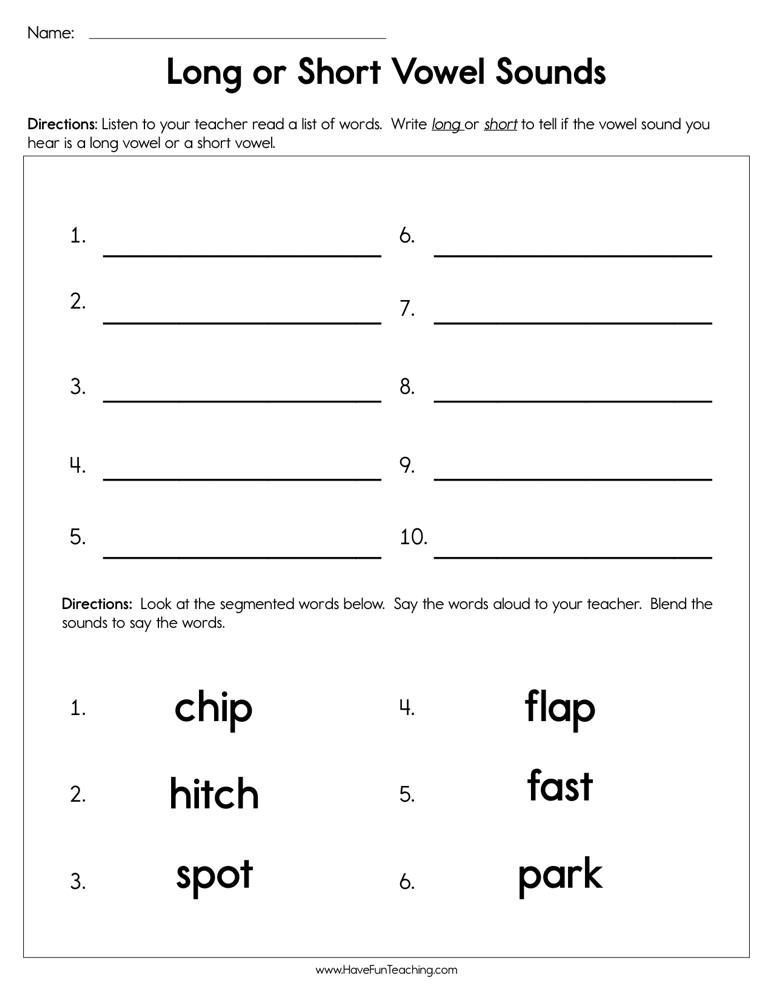
- The clearing rang with the chirping of grasshoppers.
- Galina embroiders beautifully with colored threads.
- The chick flew out of its parent's nest by itself.
- A baby roared loudly in a stroller under the window.
- Harvesting in the countryside is a hard time.
Suggestions under dictation.
- Loose earth in front of the porch. This is a mole hole.
- Tall grass in the meadow. She's covered in dewdrops.
- A fisherman is sitting on the bank of the river. He catches ruffs and bream.
- There were raincoats in the closet. There were umbrellas and hats on the shelf.
- Vasya was covered in mud. He worked in the rain in the yard.
- My sister was rolling down the mountain and fell. She badly hurt her hip.
- There was a snake lying on a small hill near the path. She basked in the sun.
- We walked in a pine forest. Resin flowed down the trunk of an old pine tree.
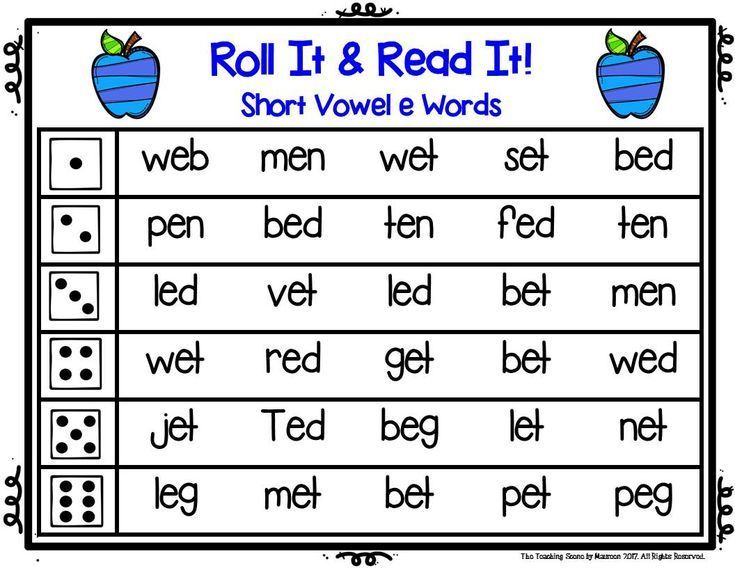
- Rooks can be found in the fields in spring. Rooks also help in the gardens.
- The nights are getting colder. In the morning, dew no longer lies on the branches of trees.
- Burrow under tree roots. Who lives there?
- The autumn mushroom looked beautiful. He stood on a forest path among the grass and fallen leaves.
- Bullfinches sit on the mountain ash for hours. They eat the fruits of the tree.
- We skied through forest clearings. All around were silent trees in the snow.
- The guys were in a hurry to get to the parking lot before dark. I didn't want to spend the night in the woods.
- Young seedlings turn green in the fields. Soon they will sting.
- The sun came out after the storm. A rainbow immediately appeared in the sky.
- It was hard for Pavlusha to carry the bag. He walked intermittently.
- Closer to winter, birds fly south. With the onset of spring, they return.
- The polar star stood out in the night sky.
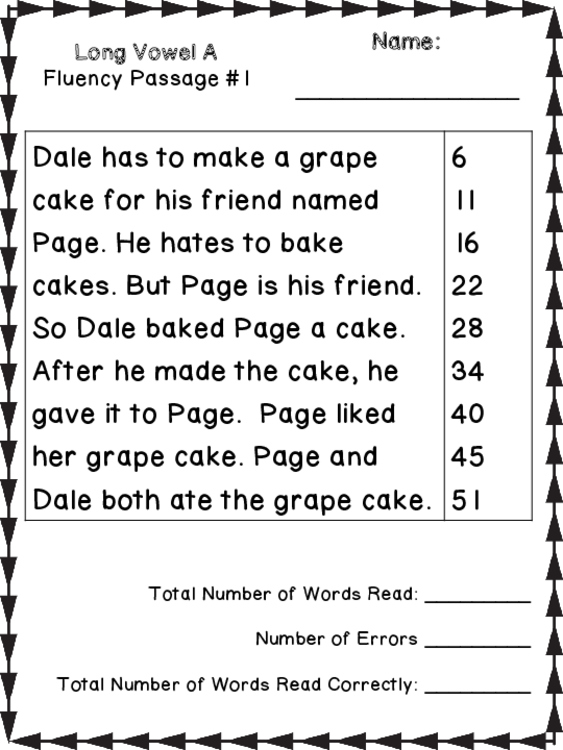 She pointed the right way to the sailors.
She pointed the right way to the sailors. - There is a large carpet in the living room. Beautiful wild flowers are woven on it.
- There is a washing machine in the kitchen. Mom is washing our clothes in it.
Test dictations on the topic "Unstressed vowels at the root of the word"
Dictation 1. Proverbs.
1. Every bird likes its own nest. 2. The crawler is crawling, the needles are being carried. 3. I live in the forest, but I sit without firewood. 4. Spring is red with flowers, and autumn with fruits. 5. Where there is water, there is trouble. 6. Where it is warm, there is good. 7. Deeds are like white soot. 8. Mow, spit, while dew. 9. Cats - from
yard, and mice - on the tables. 10. The shop is white, but the hut is naked. 11. Native land and a handful of sweet. 12. A tree is seen in fruits, and a person in deeds. 13. Pray to God, but keep a good mind. 14. In the eyes - like a fox, and behind the eyes - like a wolf.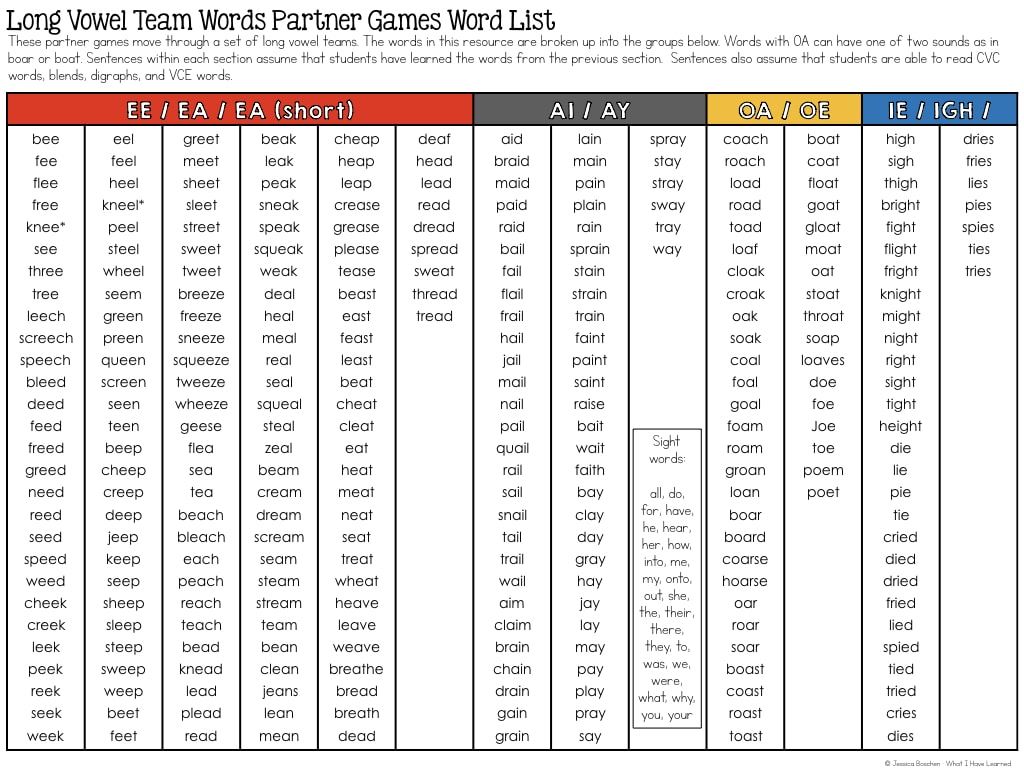 15. Maiden's braid - beauty throughout Moscow. 16. Pay good for good. 17. Every river flows to the sea. 18. To each his own illness is difficult. 19. Who is lazy, that and
15. Maiden's braid - beauty throughout Moscow. 16. Pay good for good. 17. Every river flows to the sea. 18. To each his own illness is difficult. 19. Who is lazy, that and
drowsy. 20. Whoever lies a lot, his side hurts. 21. Where the crow flies, it looks there. 22. Bread is the head of everything. 23. If you like to ride - love to carry sleds.
Dictation 2. Riddles
1. Eyes on the horns, and a house on the back. (Snail) 2. She doesn’t walk on the ground, she doesn’t look at the light, but everyone calls her for lunch, dinner. (Fish) 3. There are many doors, but nowhere to go. (Network) 4. Noisy on the mountain, but silent under the mountain. (Forest) 5. One leg and a hat, but no head. (Mushroom) 6. Stands over water, shakes his beard. (Reed) 7. It lies under the window, but you can’t roll it against the wall. (Road) 8. The bull is in the yard, and the horns are on the river. (Road from the yard) 9. Above the mountain, below the grass. (Path) 10. With legs - but without arms, with sides - but without ribs, with a back - but without a stomach.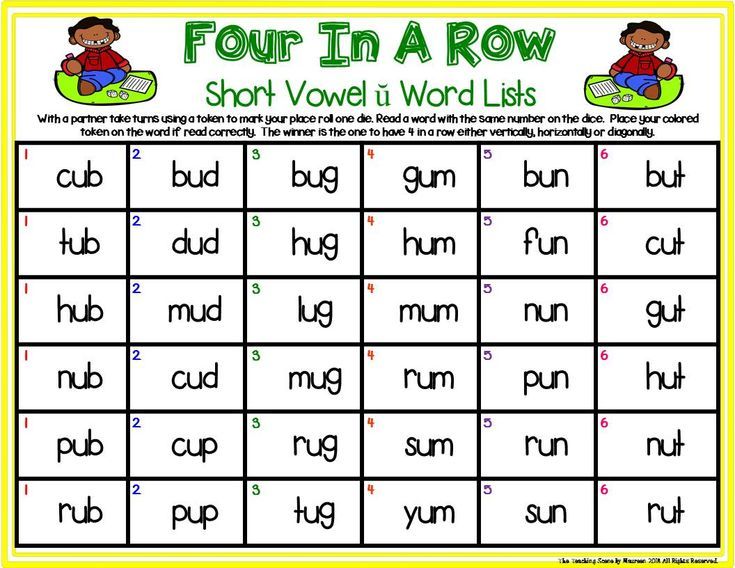 (Chair) 11. He flies - he speaks, but he sits down - he is silent. (Wasp) 12. Cheers in spring, cools in summer, nourishes in autumn, warms in winter. (Forest) 13. And fun in the summer,
(Chair) 11. He flies - he speaks, but he sits down - he is silent. (Wasp) 12. Cheers in spring, cools in summer, nourishes in autumn, warms in winter. (Forest) 13. And fun in the summer,
and hearty in the fall, and warm in the winter. (Tree) 14. Two sisters are green in summer, by autumn one turns red, the other turns black. (Red and black currants) 15. Under the ground, the bird built a nest and laid eggs. (Potatoes) 16. My jacket is green, my shirt is white, my pants are red, my tie is black. (Watermelon) 17. A girl is sitting in a dungeon - a scythe on the street. (Carrot) 18. What can at the same time: hang and walk, stand
yat and walk, walk and lie, lie and lie. (Clock) 19. He lay, lay, and in the spring he ran into the river. (Snow)
Dictation 3.
1. I saw a duck and a fox that pies were baked in the forest. (S. Mikhalkov) 2. A bee sat on a flower. 3. The trail had a mole hole. 4. Crossbills sit on a pine tree. 5. The river flooded the low banks.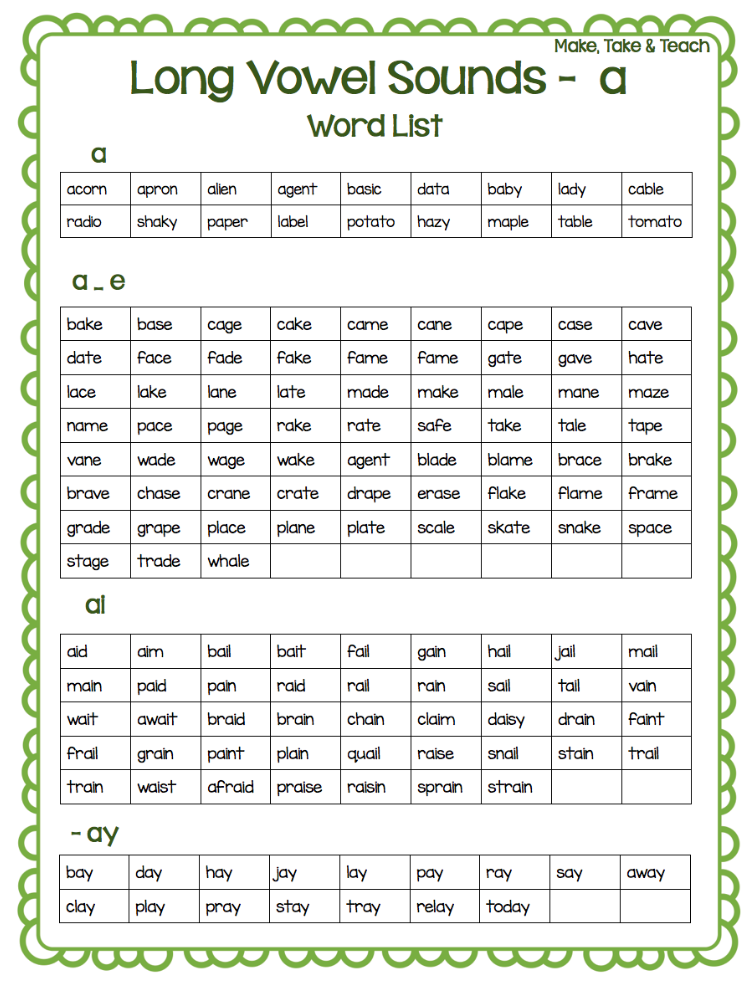 6. In the forest you will often find traces of a hare. 7. Squirrels eat mushrooms, berries, fruits of trees. 8. In the morning there is dew on the grass
6. In the forest you will often find traces of a hare. 7. Squirrels eat mushrooms, berries, fruits of trees. 8. In the morning there is dew on the grass
. 9. Warm spring has come. Ice floes float on the water. 10. Bread was harvested in the fields. 11. There is a snake on the bank of the stream. 12. In the hands of children, bouquets of flowers. 13. A flock of thrushes sat on a tree. 14. Bird houses near the tree houses. 15. The clear sun shone. 16. How many mushrooms in the forest! 17. I leaned my back against a tree trunk.
Dictation 4.
1. Cold winds are blowing. 2. The guys are walking along a dry path. 3. Nightingales and starlings sing merrily. 4. Horses nibbling green grass. 5. A kid was born to our goat. 6. Little foxes were playing near a deep hole. 7. A shady alley leads to the school. 8. Gleb bought colored pencils. 9. A forester lives in a forest clearing. 10. Schoolchildren planted fruit trees. 11. My sister gave me steel skates. 12. Tops of poplars could be seen in the distance.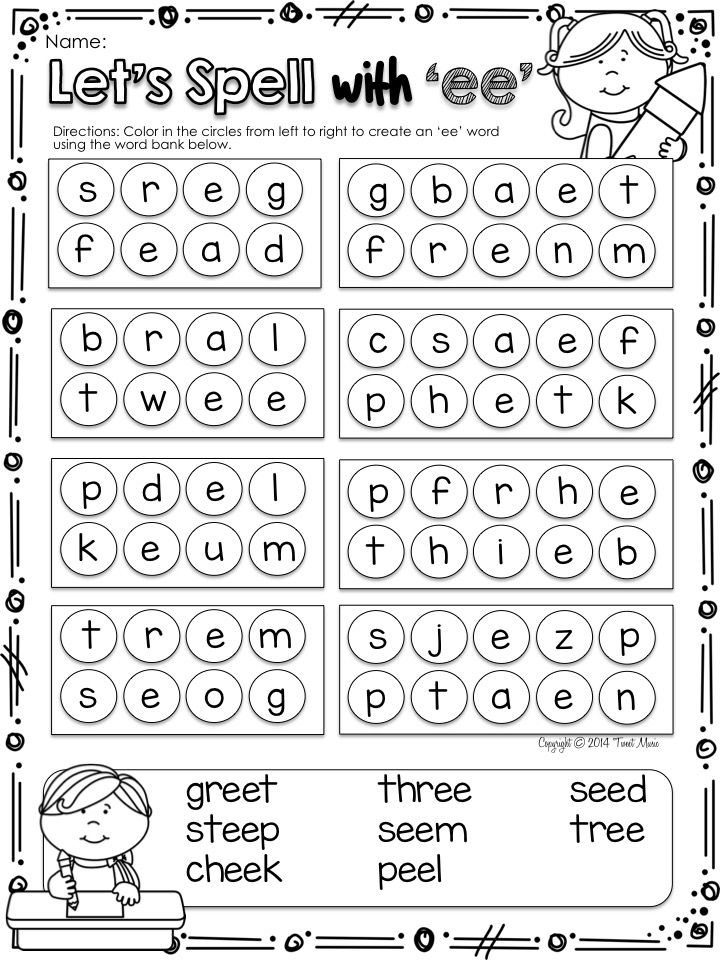 13. There is a bitter frost in the yard. 14. The fishermen spent the night on the shore. 15. The guys swam in the river, splashed with water. 16. In winter, birds often go hungry. 17. Schoolchildren made feeders. 18. Young trees were green in the garden. 19. Golden rye flourished in the field. 20. Rooks walked through the fields.
13. There is a bitter frost in the yard. 14. The fishermen spent the night on the shore. 15. The guys swam in the river, splashed with water. 16. In winter, birds often go hungry. 17. Schoolchildren made feeders. 18. Young trees were green in the garden. 19. Golden rye flourished in the field. 20. Rooks walked through the fields.
Dictation 5. "Stars in the water"
Starfish are beautiful animals. They live in salty seas and at the bottom of the oceans. Backs of stars of bright colors.
(17 words)
Reference words: oceans.
Creative dictations on the topic "Unstressed vowels in the root of the word"
Dictation 1.
Task: Complete the sentence using the same root word.
1. In the dining room there is a large round ... (table).
2. They brought a new ... (dove) to the dovecote.
3. The gardener takes care of ... (behind the garden).
4. The forester protects .